
When Covid-19 lockdowns began to have a severe impact on businesses across the world, Singapore-based Crux Labs was ready with a Raspberry Pi-based telecomms product that could keep SMEs working remotely.
| Solution | Raspberry Pi 3 |
| Enterprise scale | Small and medium |
| Industry | Telecommunications |
Crux Labs’ CEO and founder Rohit Gupta noticed that while home communications technology had become well integrated, many small businesses were still using analogue telephony solutions, with no means of recording missed calls and following up on the potential business opportunities they represent.
Crux Labs:https://crux-labs.com/
Many companies with under 100 employees do not have a specialist IT expert to maintain a classic PBX telephone system and integrated communications hub, and in any case, the cost of installation is prohibitive for many businesses at this scale. Gupta founded Singapore-based Crux Labs to offer an accessible digital telephony solution to SMEs, from sole traders up to around 250 staff.
The challenge
Crux Labs had to ensure that neither cost nor complexity would be a barrier for small companies setting up their first digital telephony solution. Its customers needed an easy-to-install product that would require minimal support while reliably delivering business-critical functionality
The solution
Crux LX, Crux Labs’ first SME product, is a digital telephony solution aimed at businesses from sole traders up to around 250 staff, with a Raspberry Pi 3 at its heart. It uses SIP telephony and a wide area network to create a low-cost, scalable, device-agnostic and location-agnostic digital telephone network. Features such as call rerouting allow the integration of telephony across multiple office locations as well as enabling employees to pick up calls from their home offices as though they were in the business base.
Customer demand led Crux to develop their second digital telephony product. Crux VX, a “call centre in a box”, takes all the functionality of the Crux LX and adds a live dashboard and call analytics reports.
Why Raspberry Pi?
Crux Labs did their research: having trialled no fewer than eight other options, CEO Rohit Gupta says Raspberry Pi was the clear choice. Had Crux chosen a standard business telephony option, he believes it would have cost as much as £300,000 just to acquire a prototype. The powerful and low-cost Raspberry Pi 3 was ideal for large- scale rollout.
With Raspberry Pi, the stable hardware is suitable for the approximately 800 software packages that Crux LX contains, from minor handling features to UI overlays that ensure a consumer-friendly interface. The result is a high- quality product that can be set up in around 30 minutes by a non-specialist.
For Crux’s multinational clients with offices in Singapore and India as well as partners in dozens of countries, this sophisticated Raspberry Pi- based system offers substantial savings on international calls, at a cost to the client of less than a sixth of the price of a comparable enterprise system.
The results
When Covid-19 lockdowns began to impact severely on businesses across the world in 2020, Crux Labs customers who were already using Crux LX reported that they were able to switch to remote working comfortably, with staff continuing to work from home with no discernible negative effect on the business. The MD of Crux VX client FarEastFlora.com, Singapore’s leading online florist, noted that choosing the Raspberry Pi-powered system was “one of the wisest technology decisions [we] made.”
Crux Labs now supports over 10,000 users across eleven countries, and there has not been a single reported hardware failure for this 24/7 always-on product.
Original link: https://www.raspberrypi.com/success-stories/crux-labs-digital-telephony/


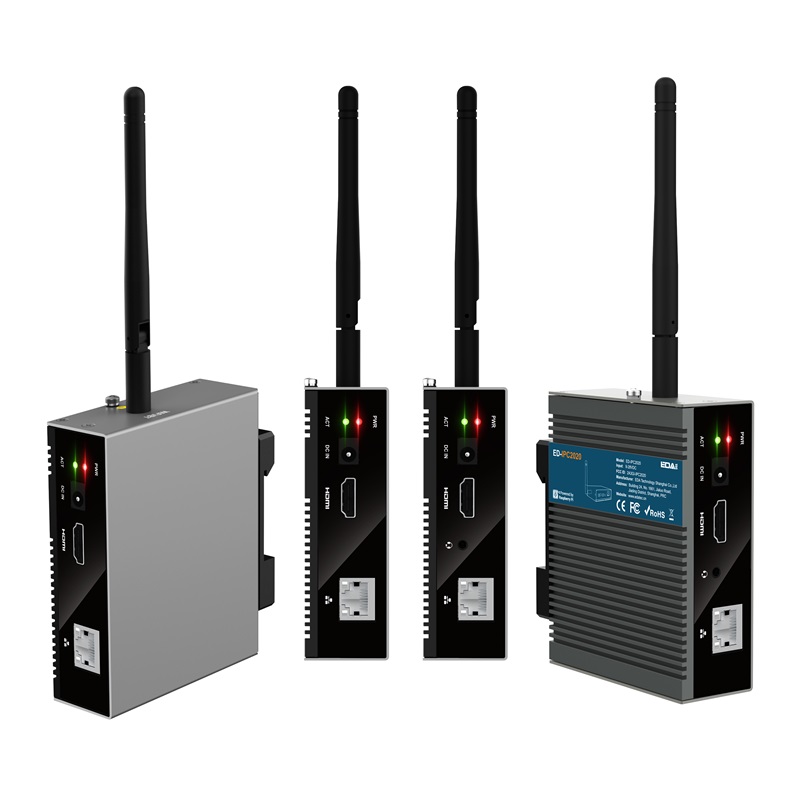
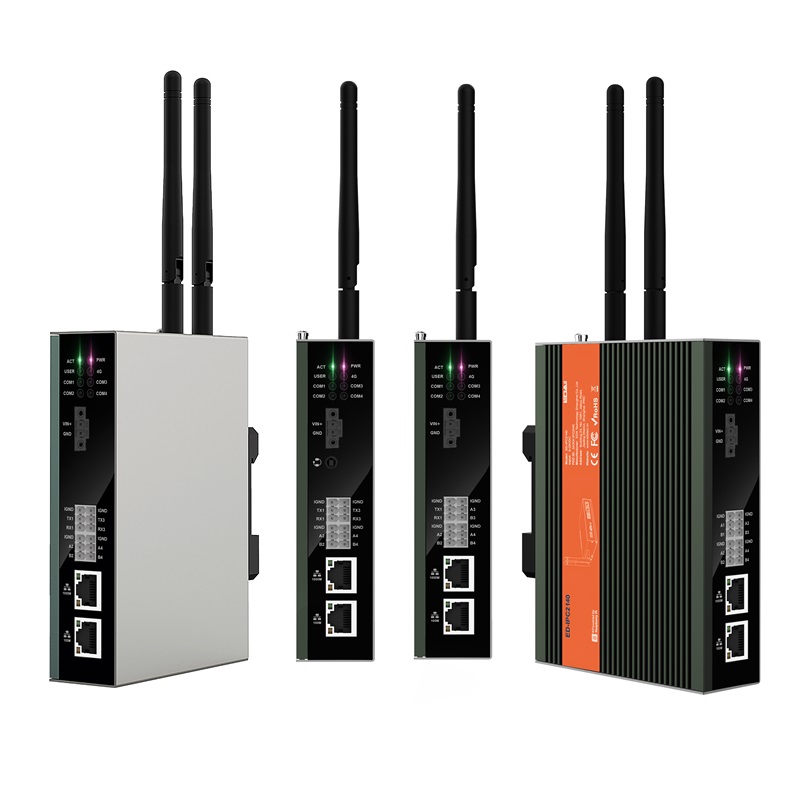
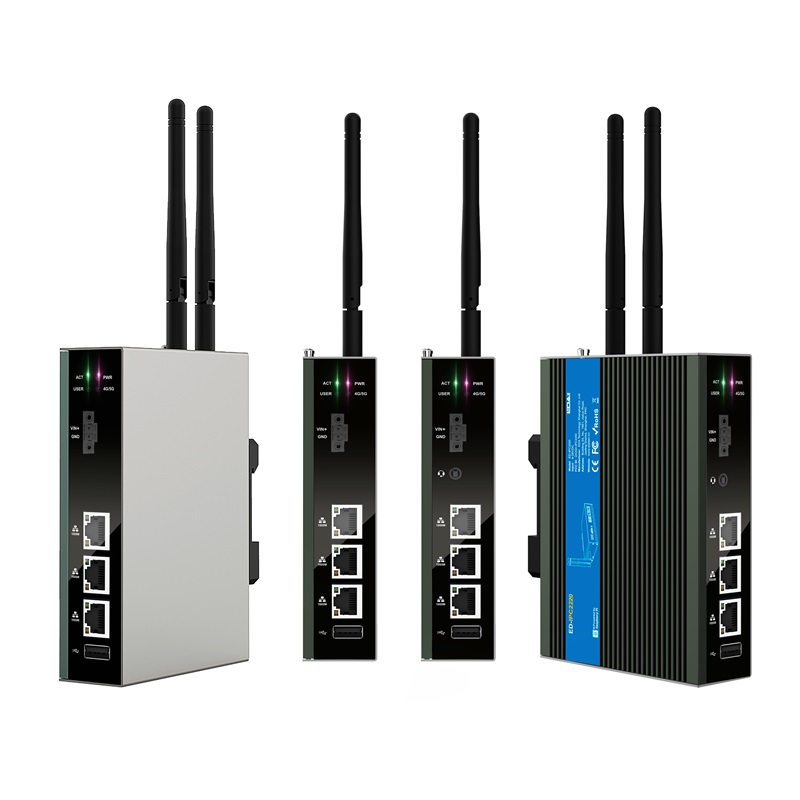
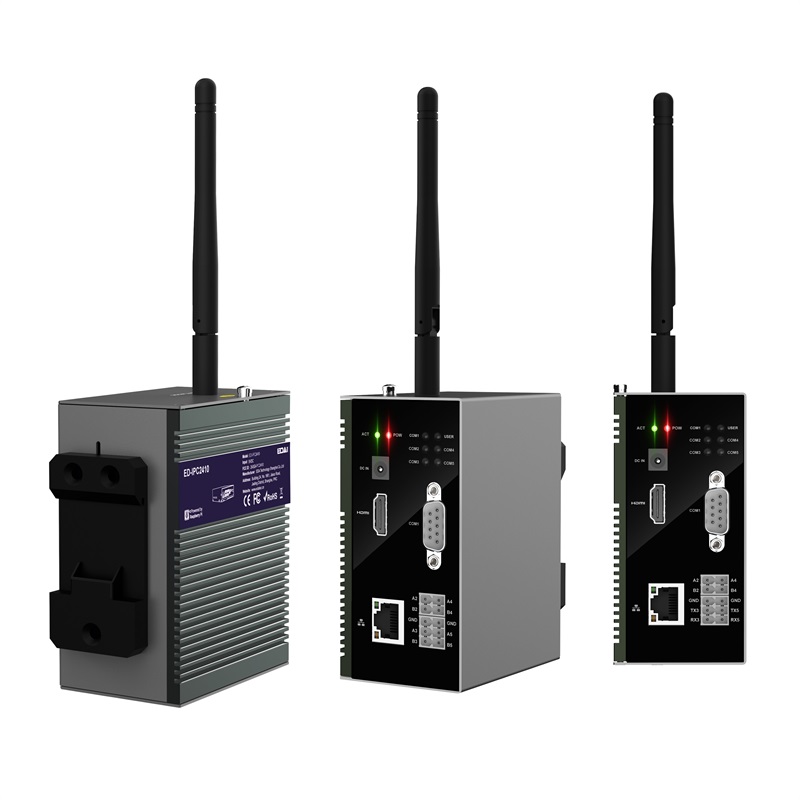
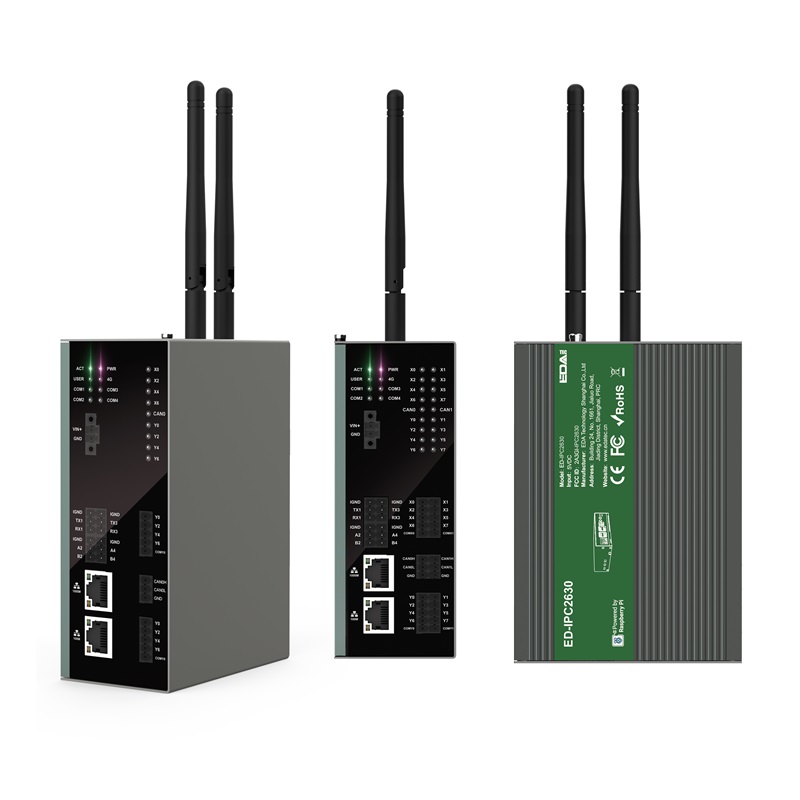
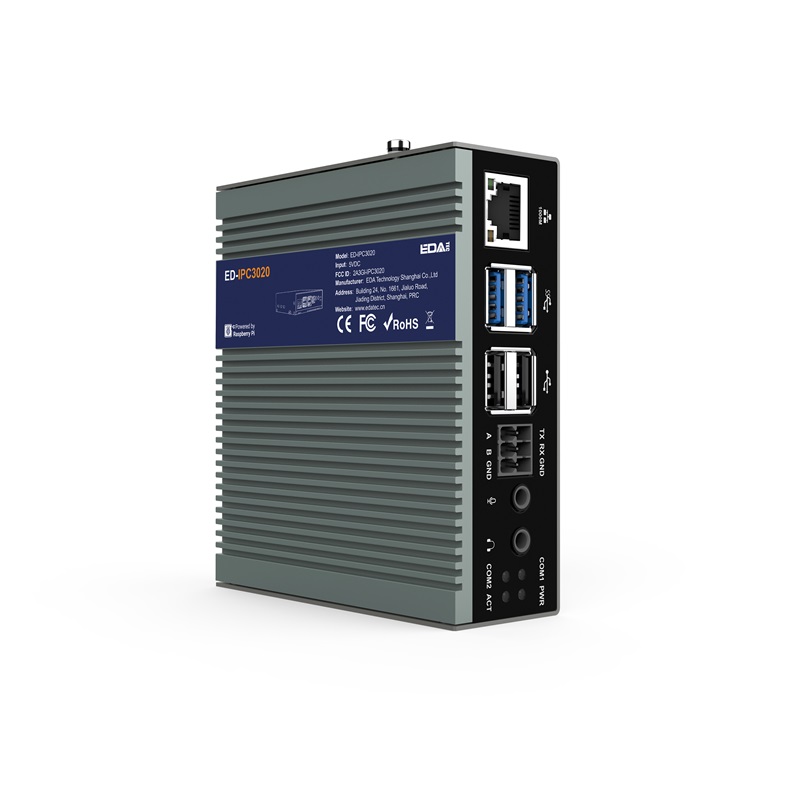
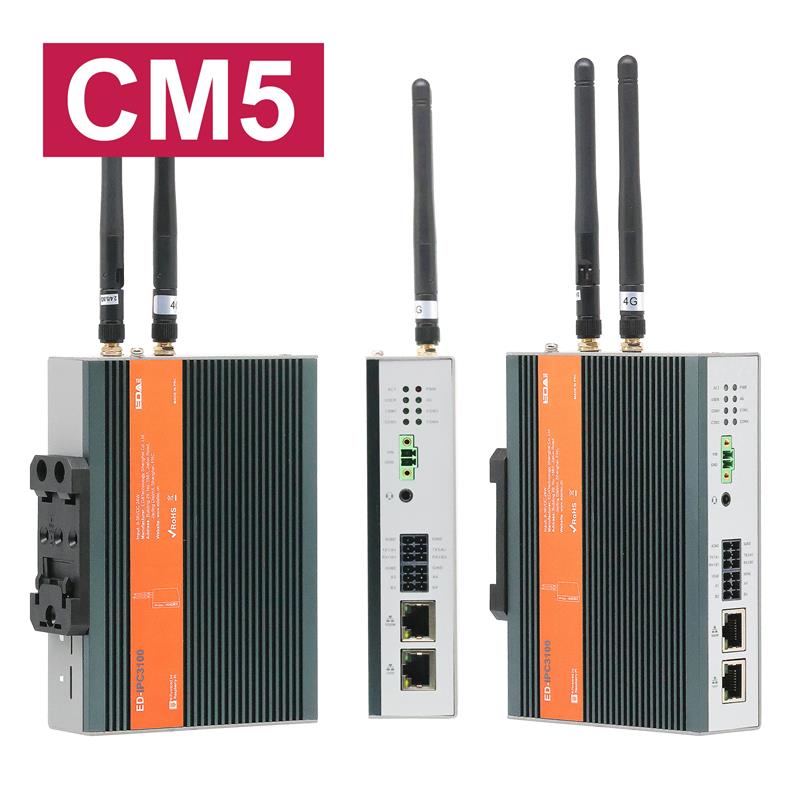
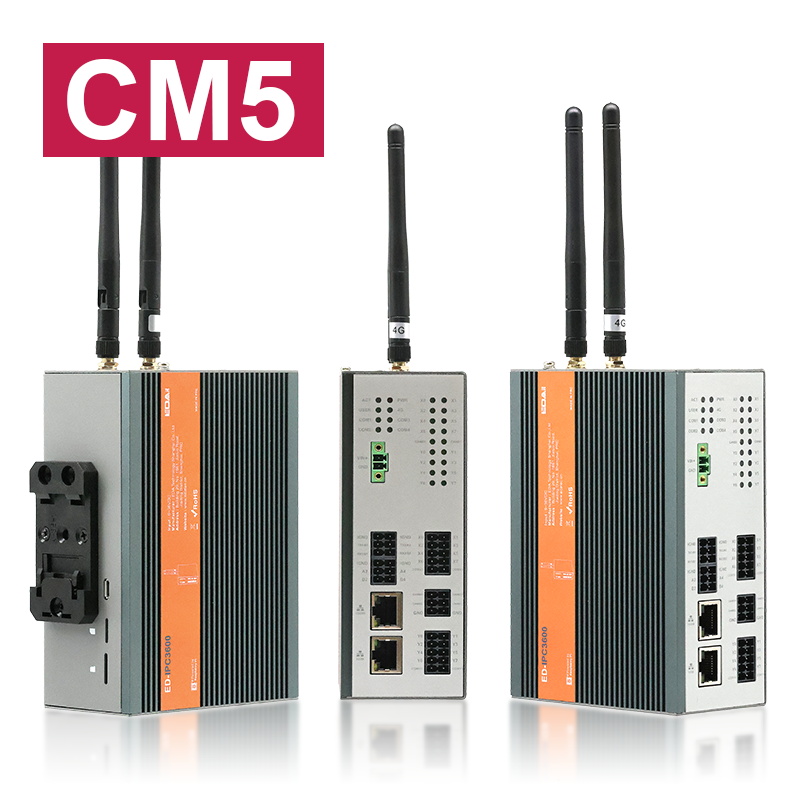
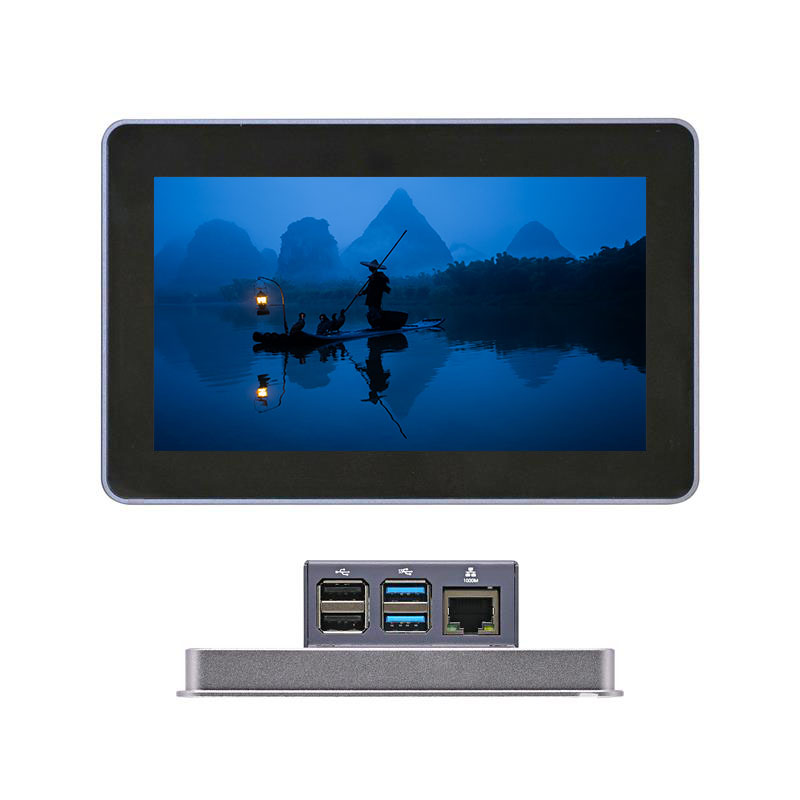
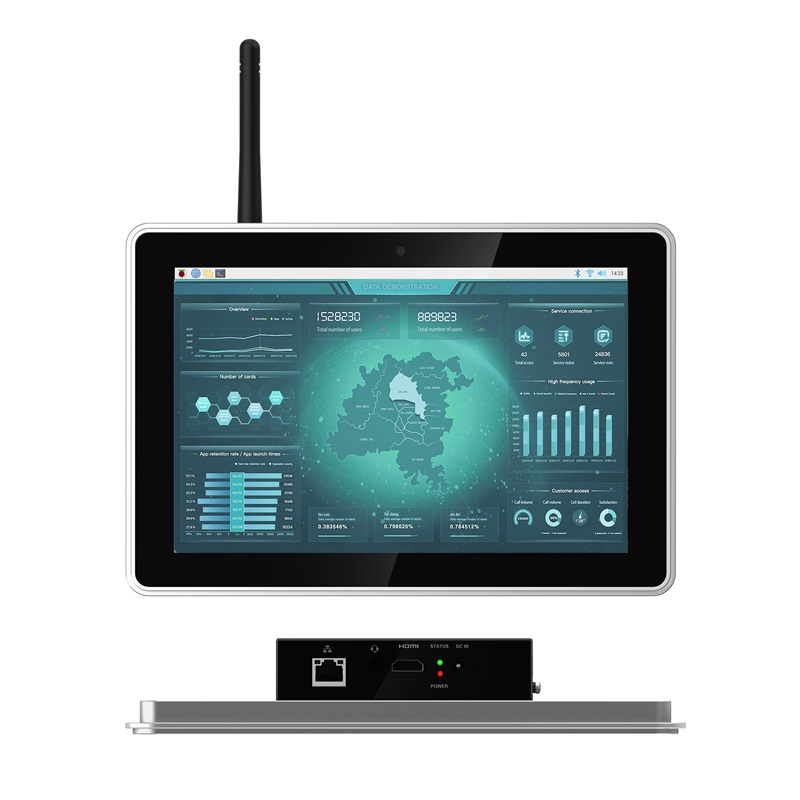
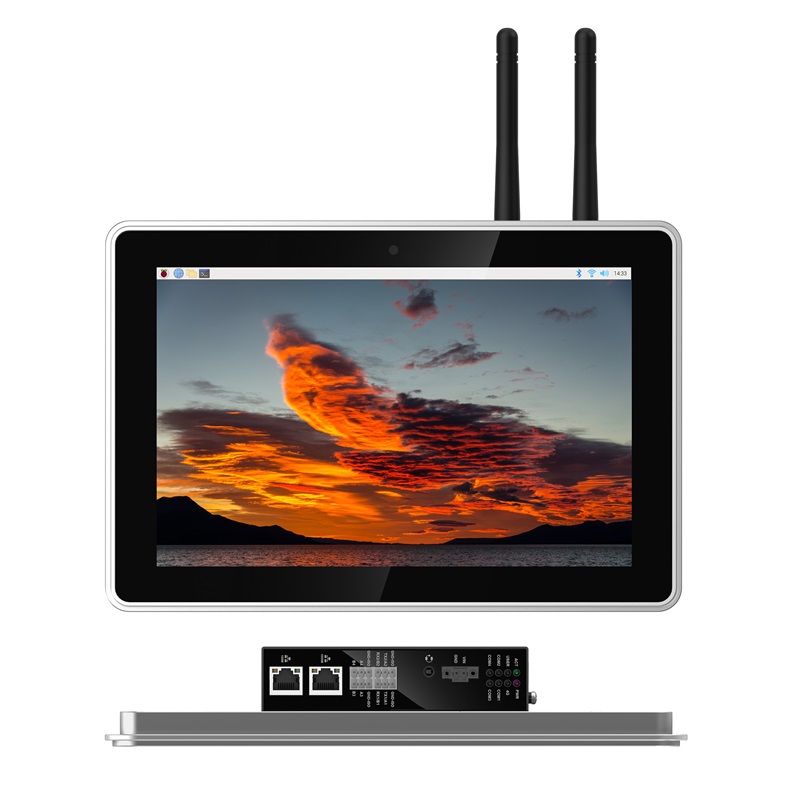
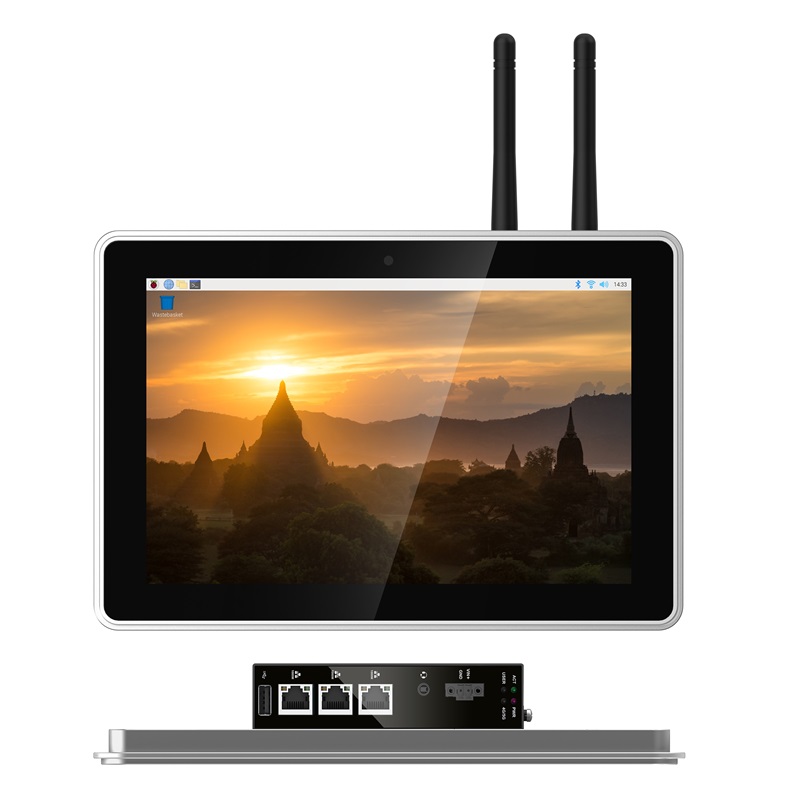
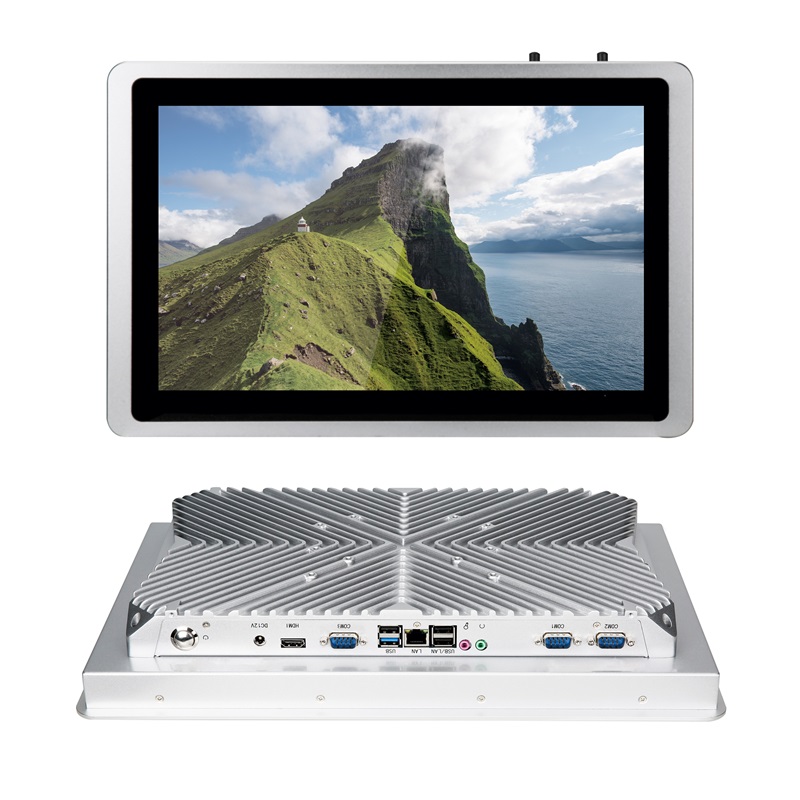
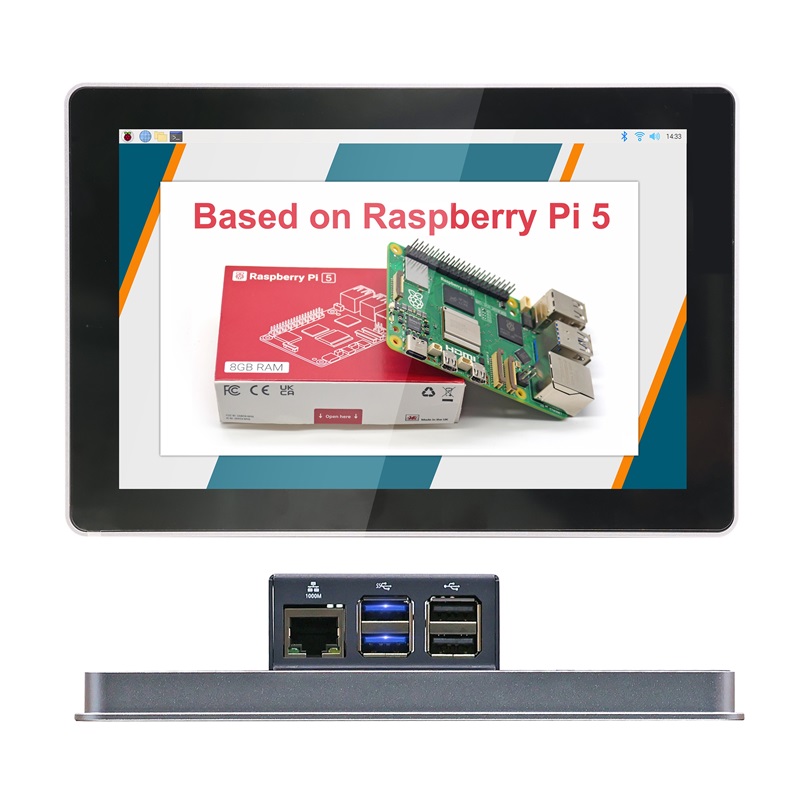
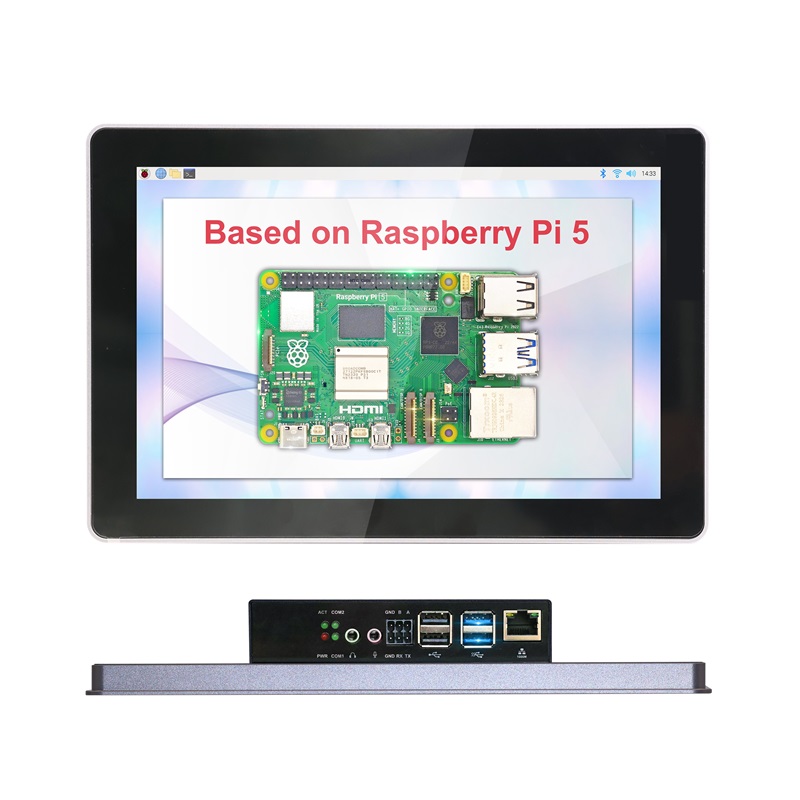
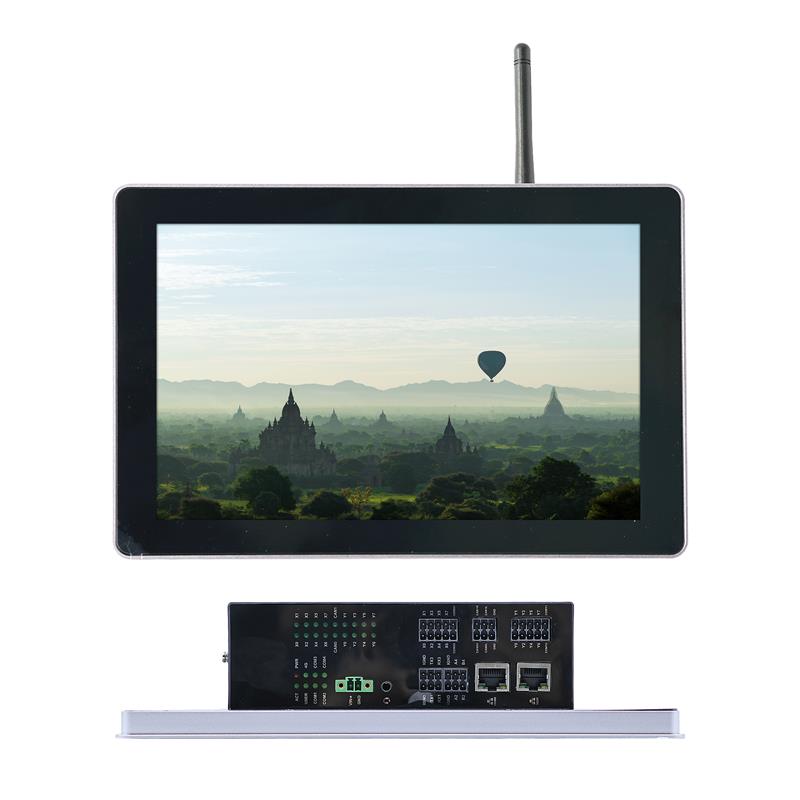

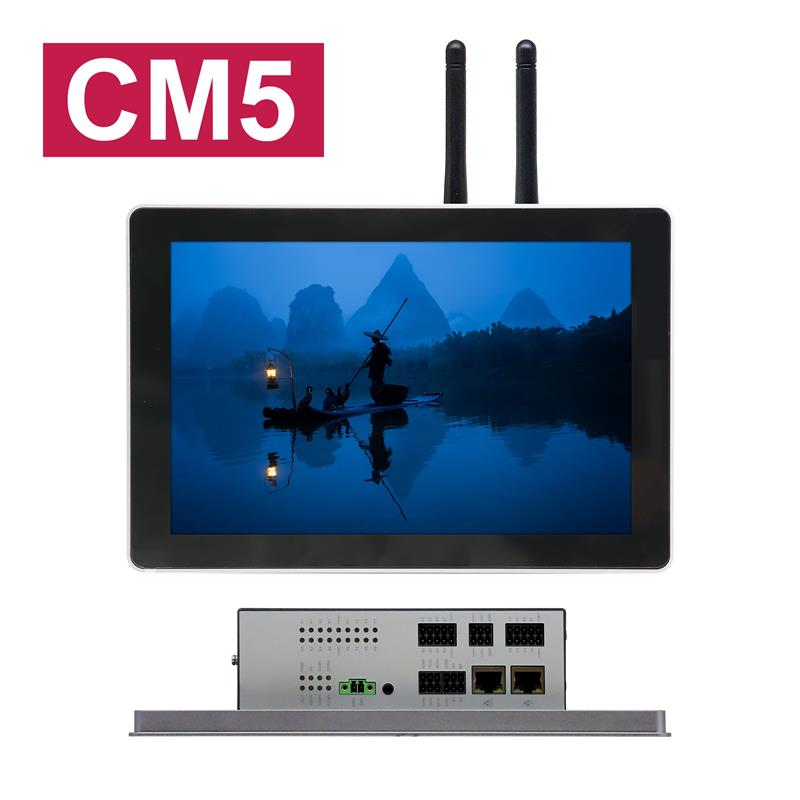
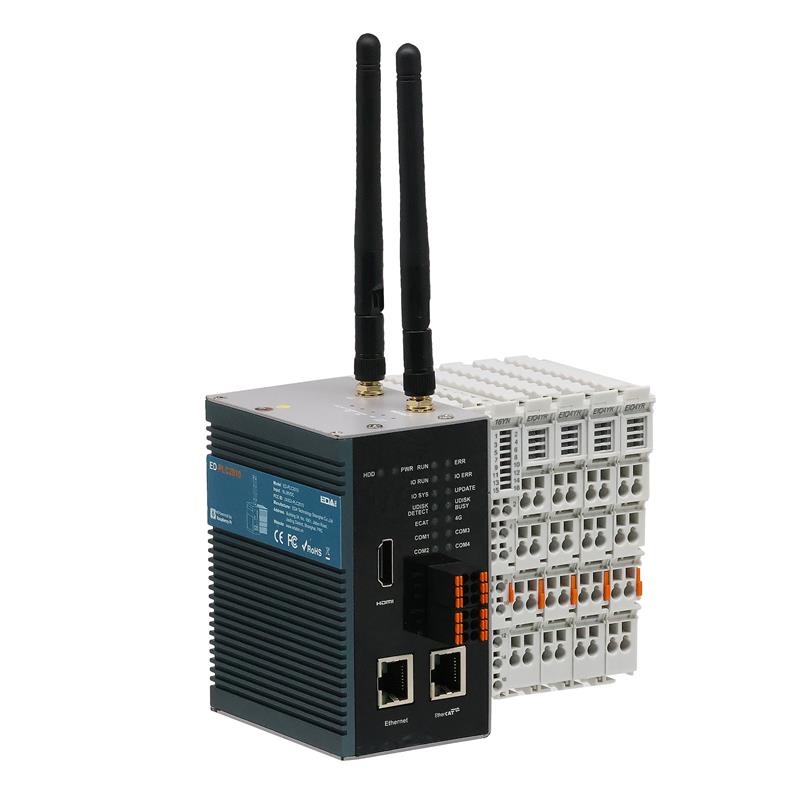
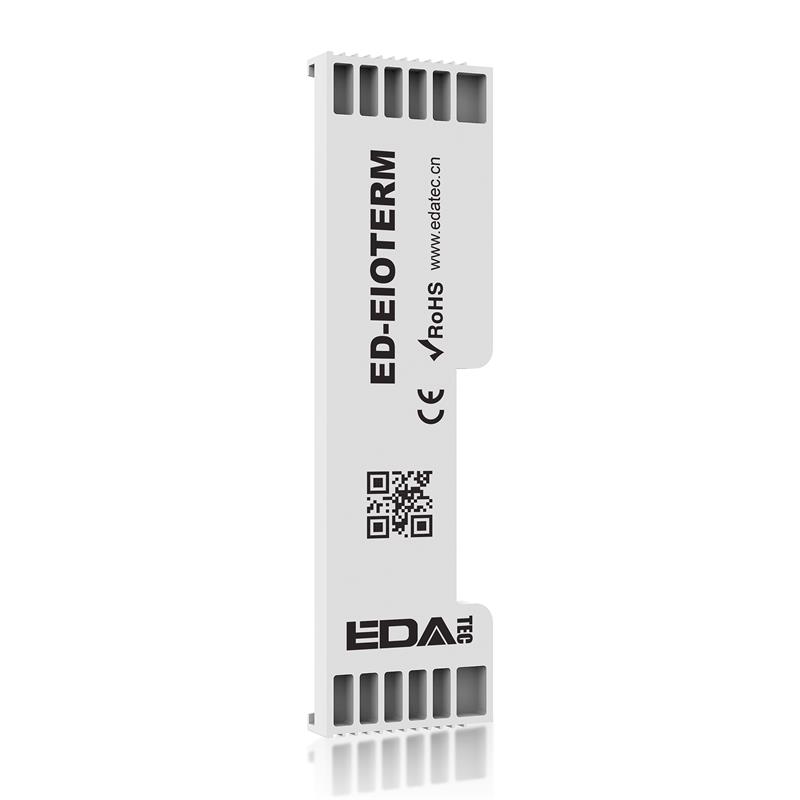
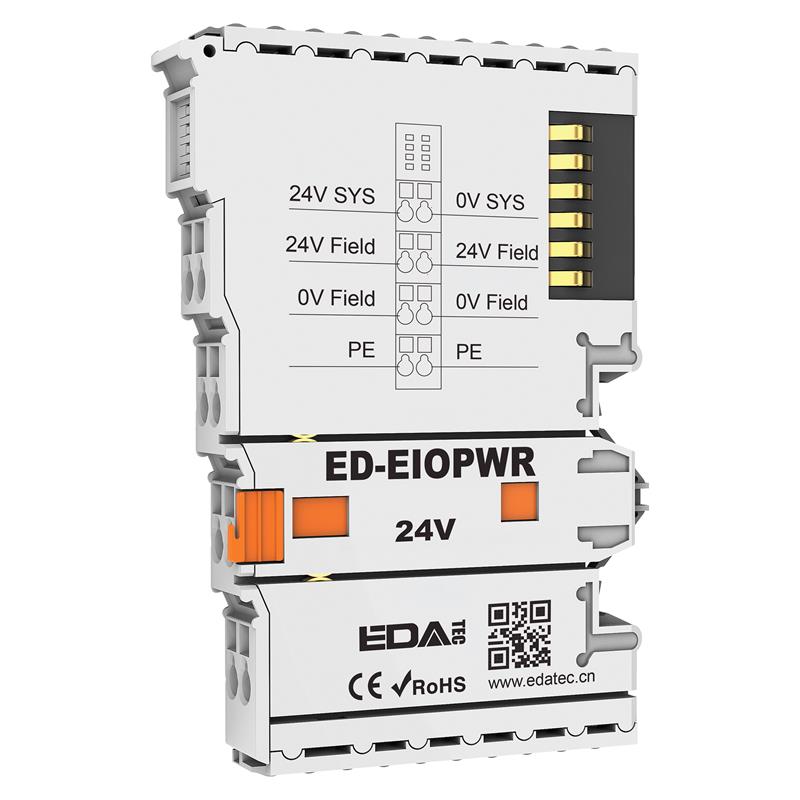

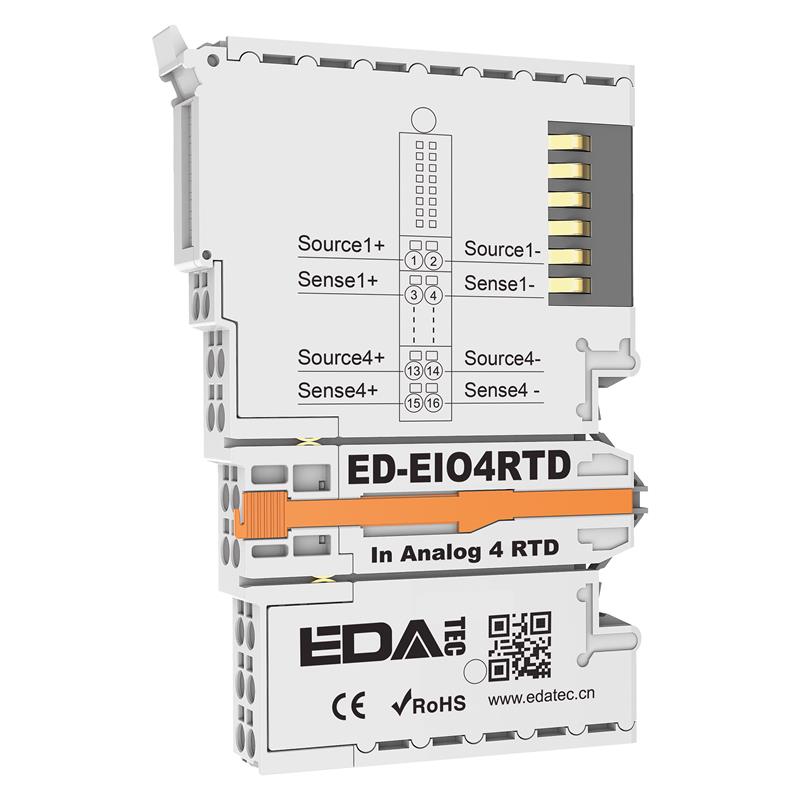
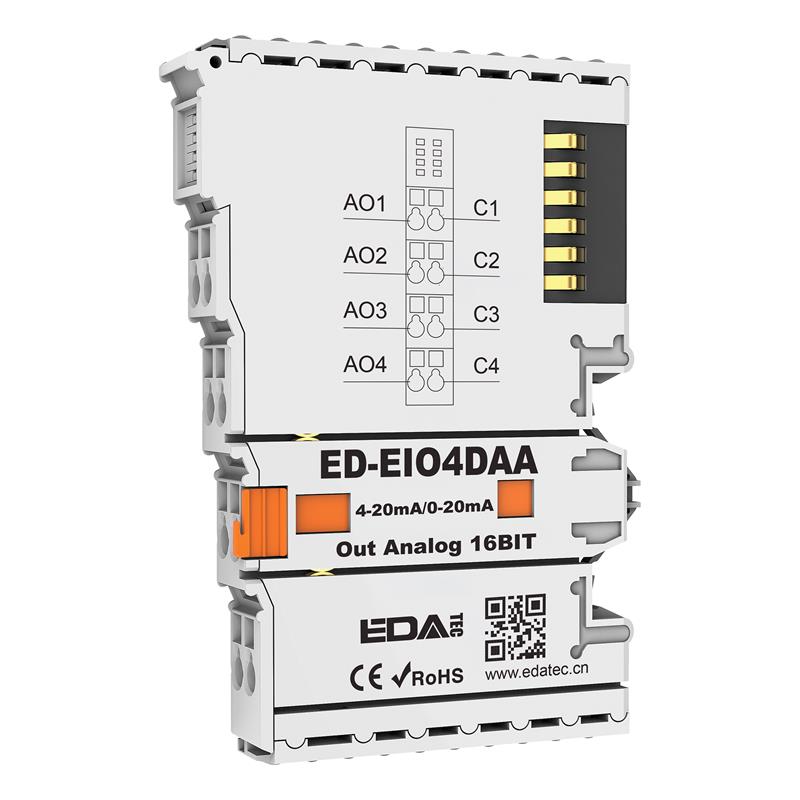
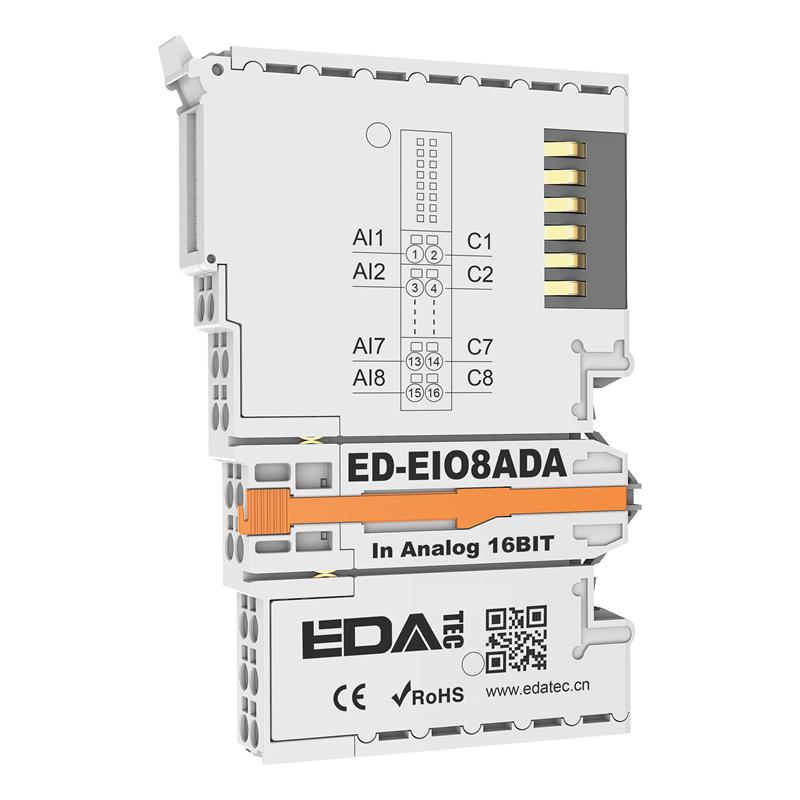

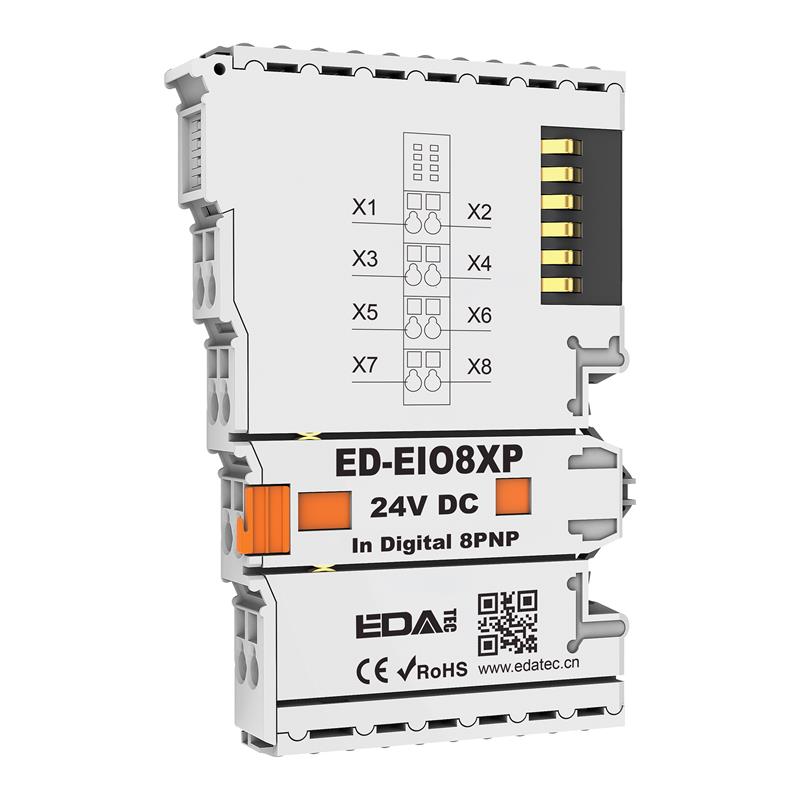
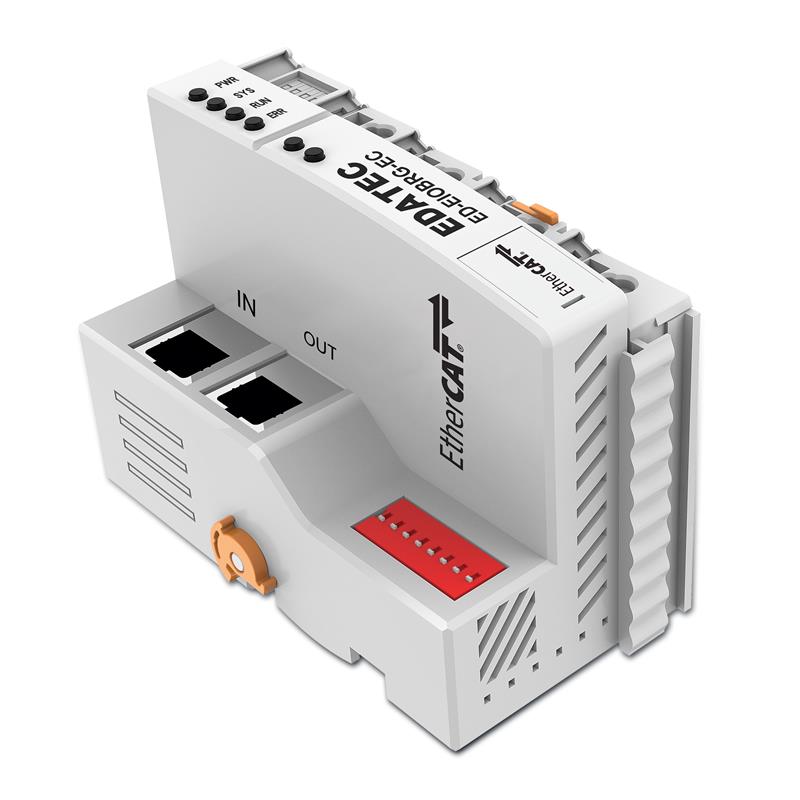
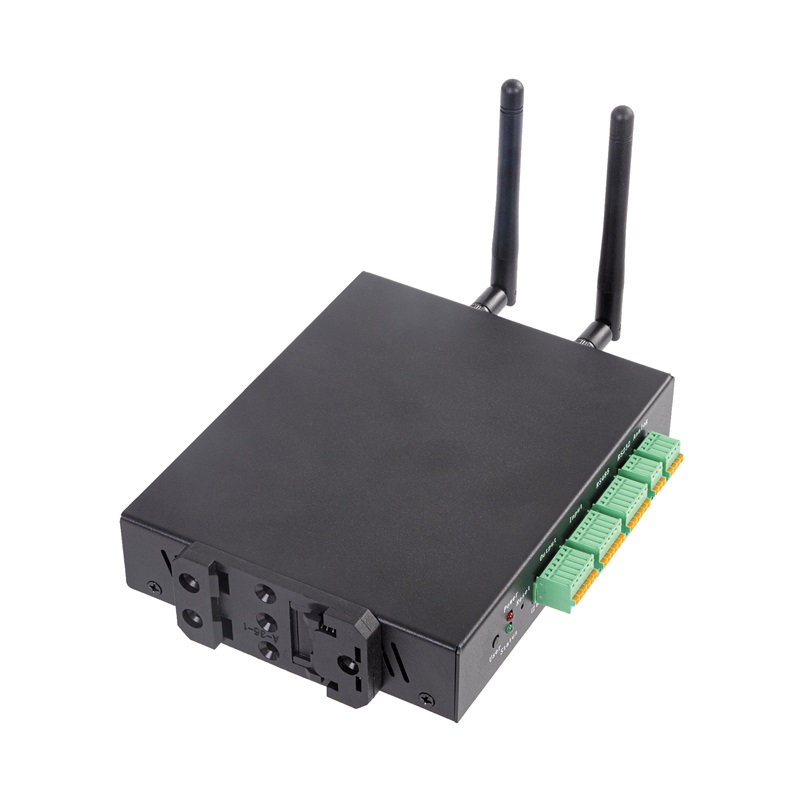
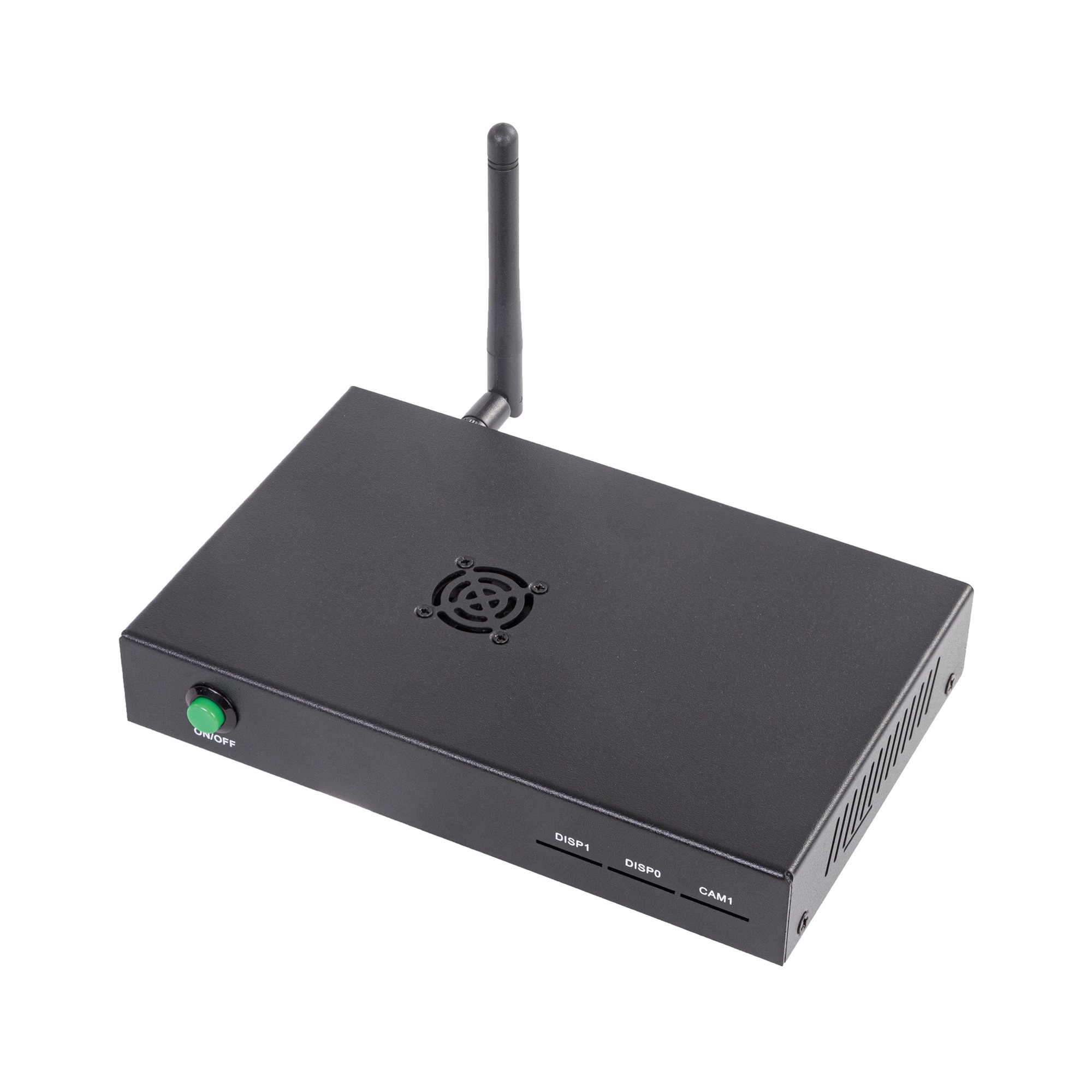
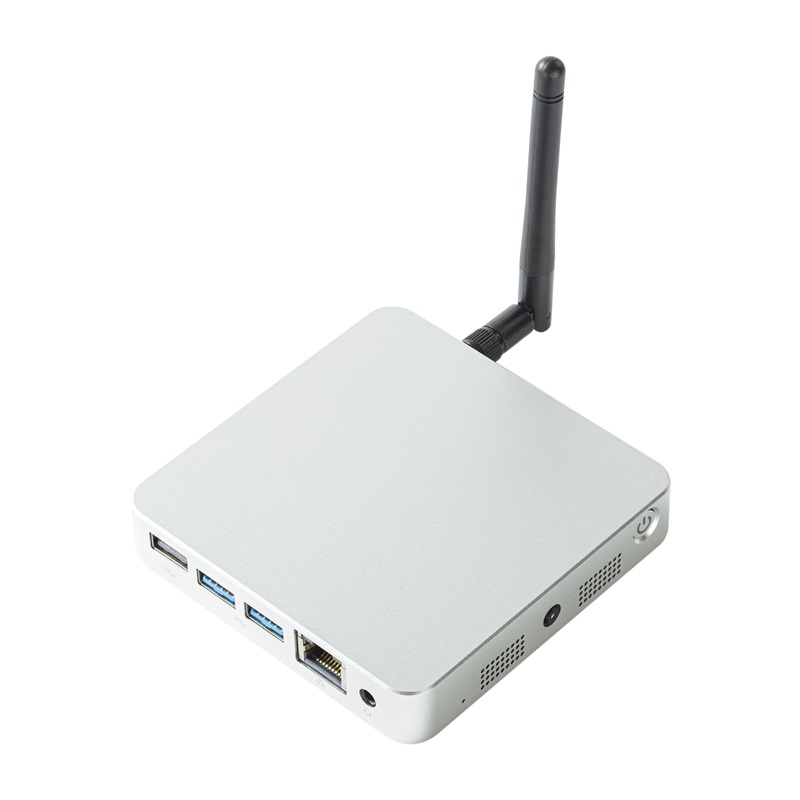
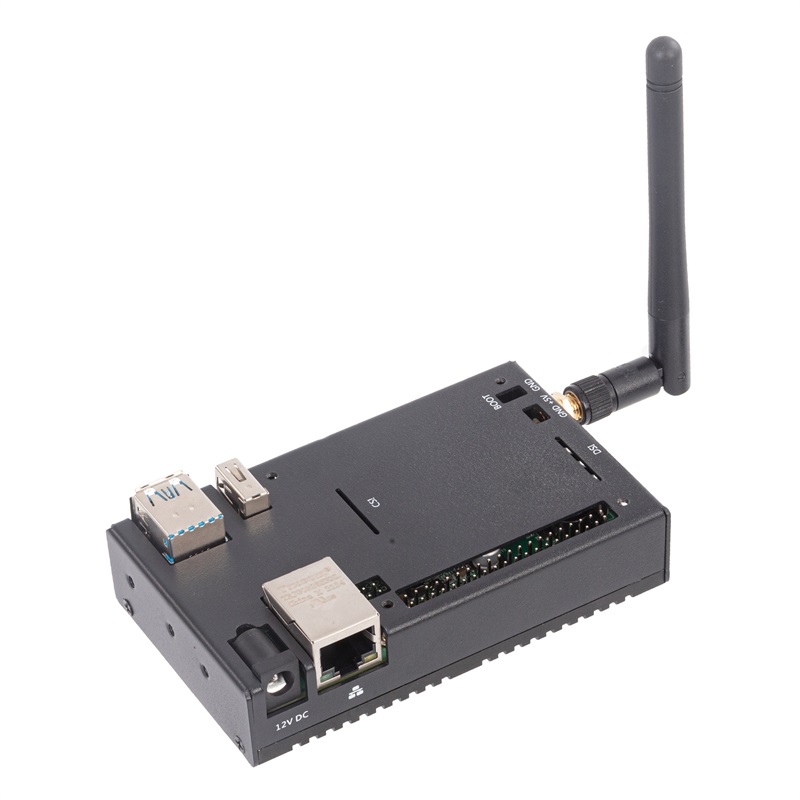

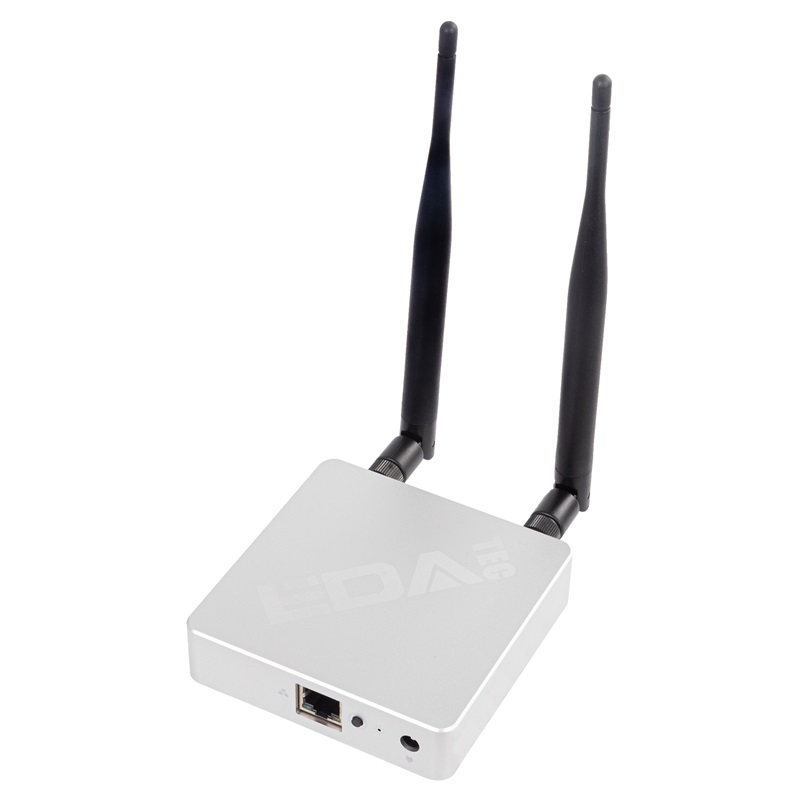
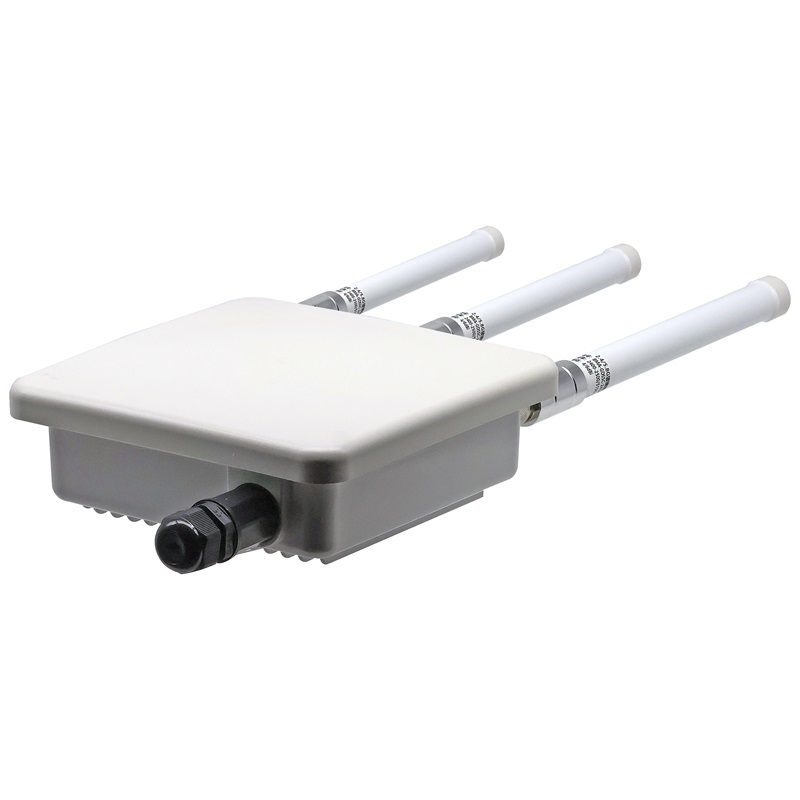
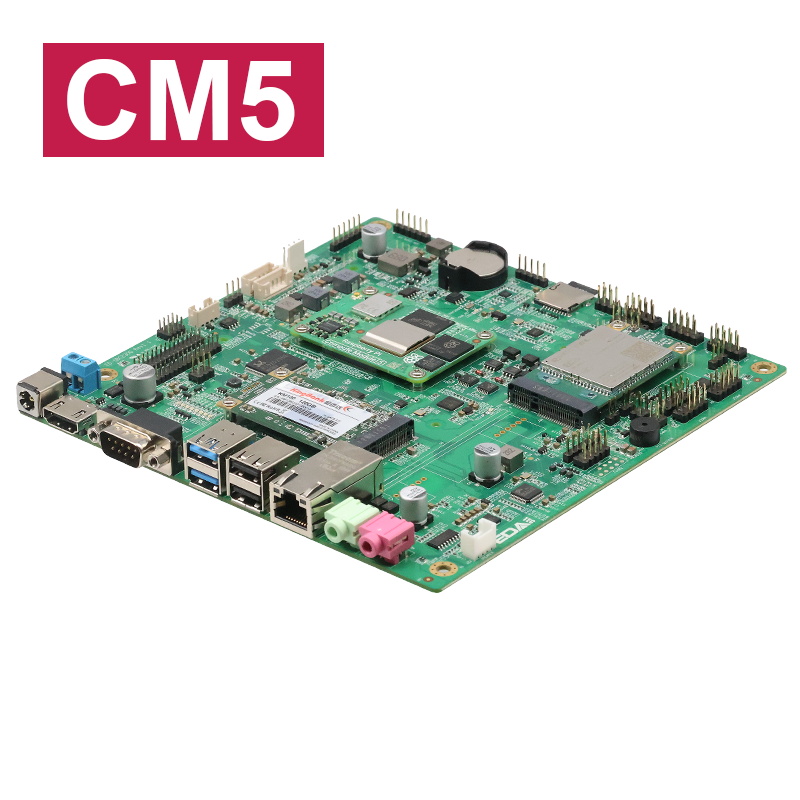
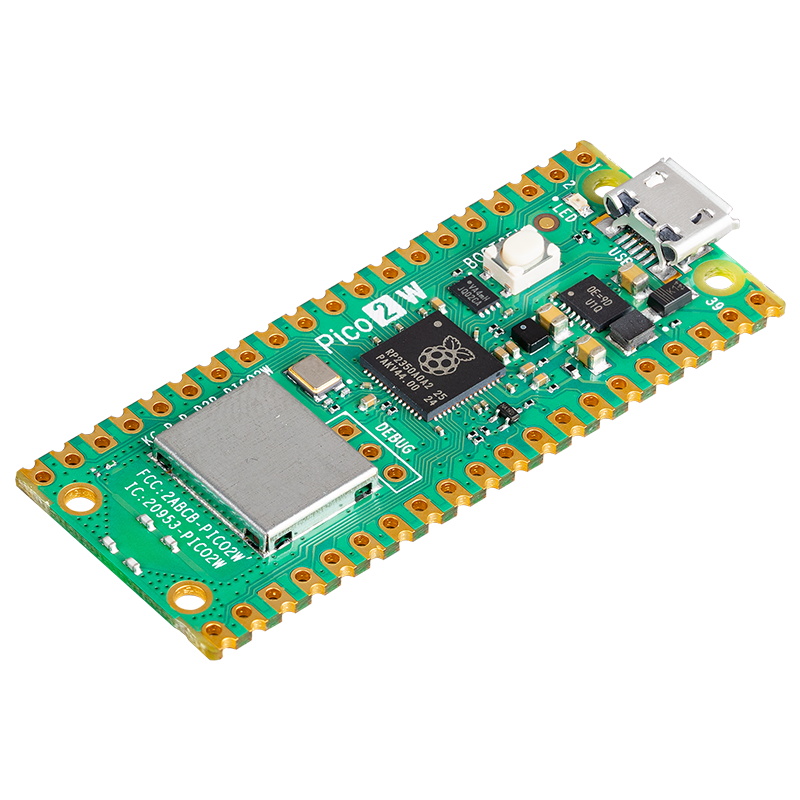
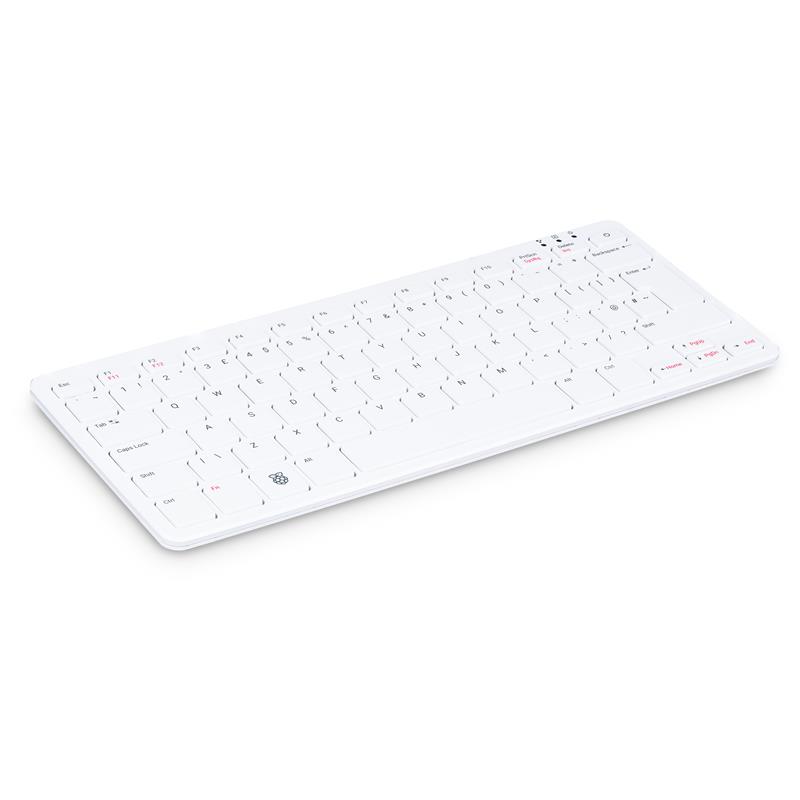

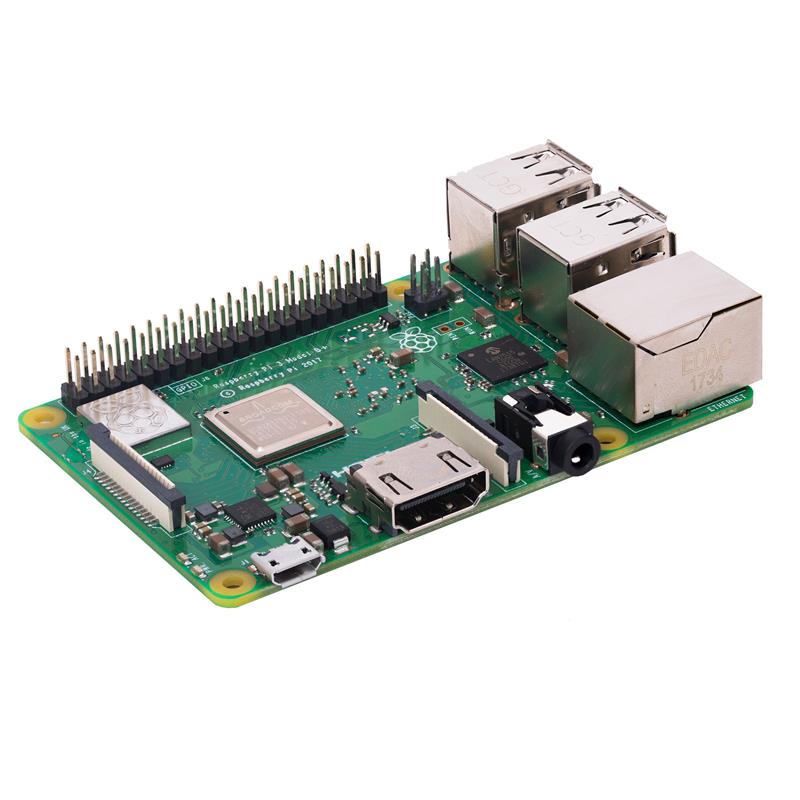
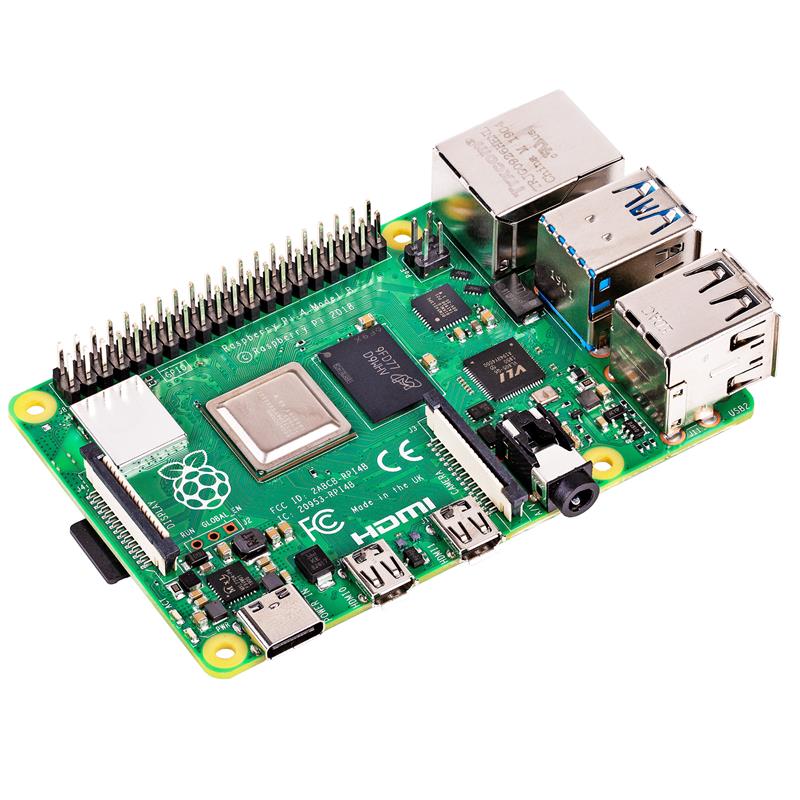

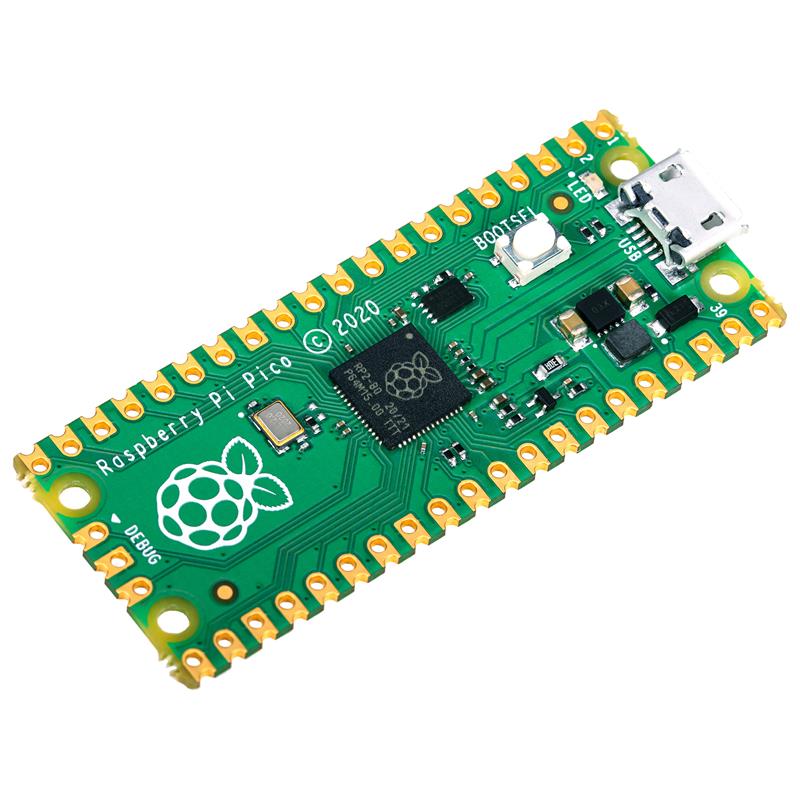

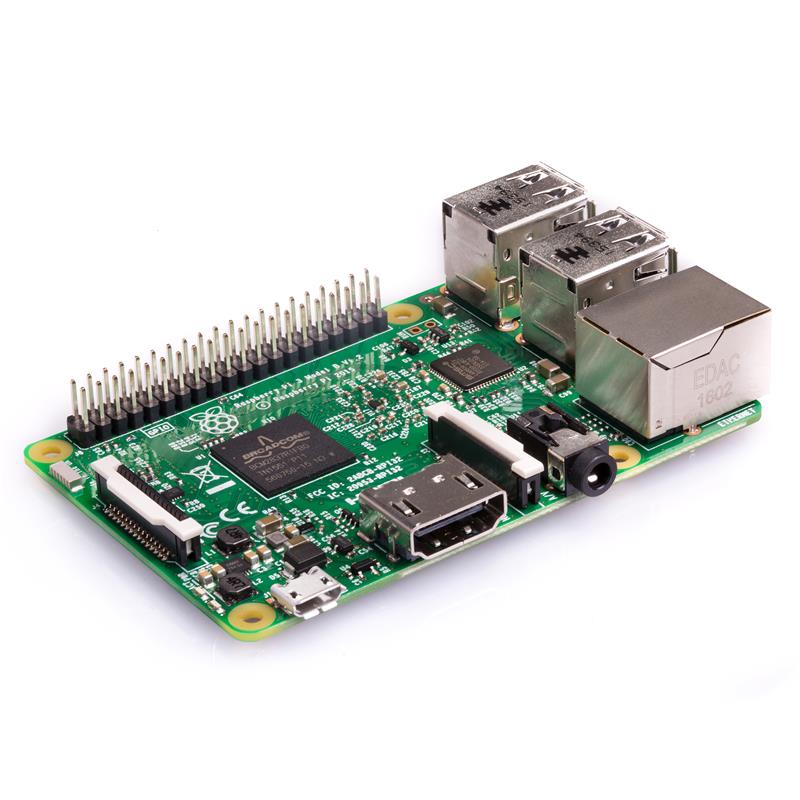

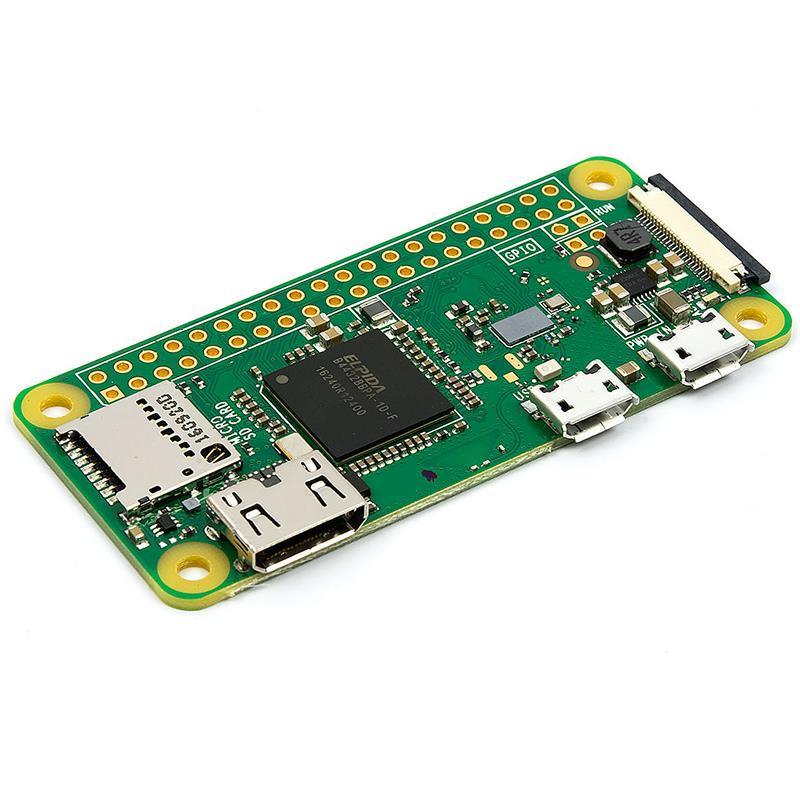
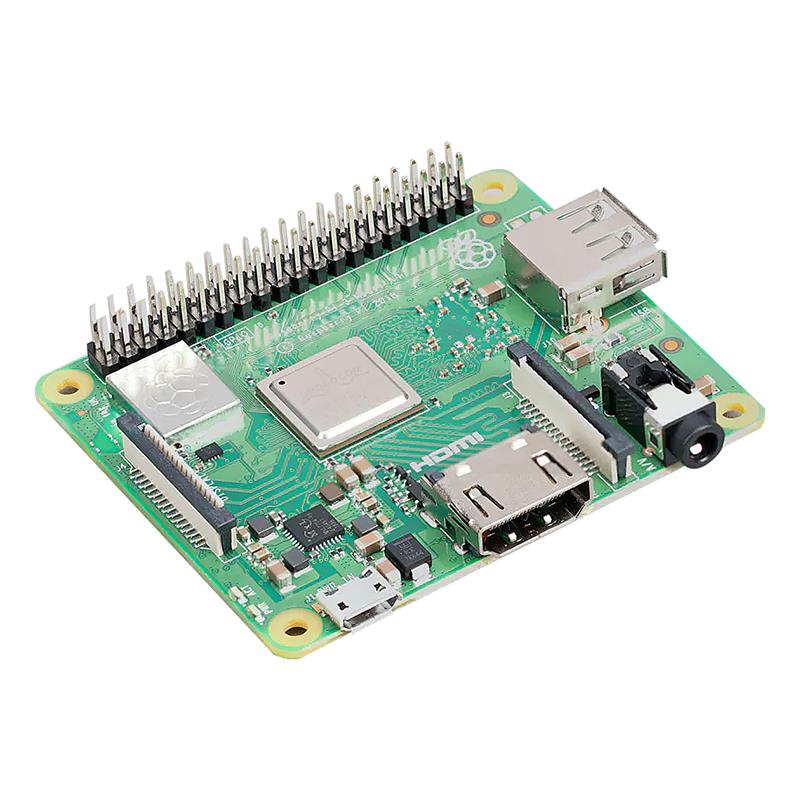

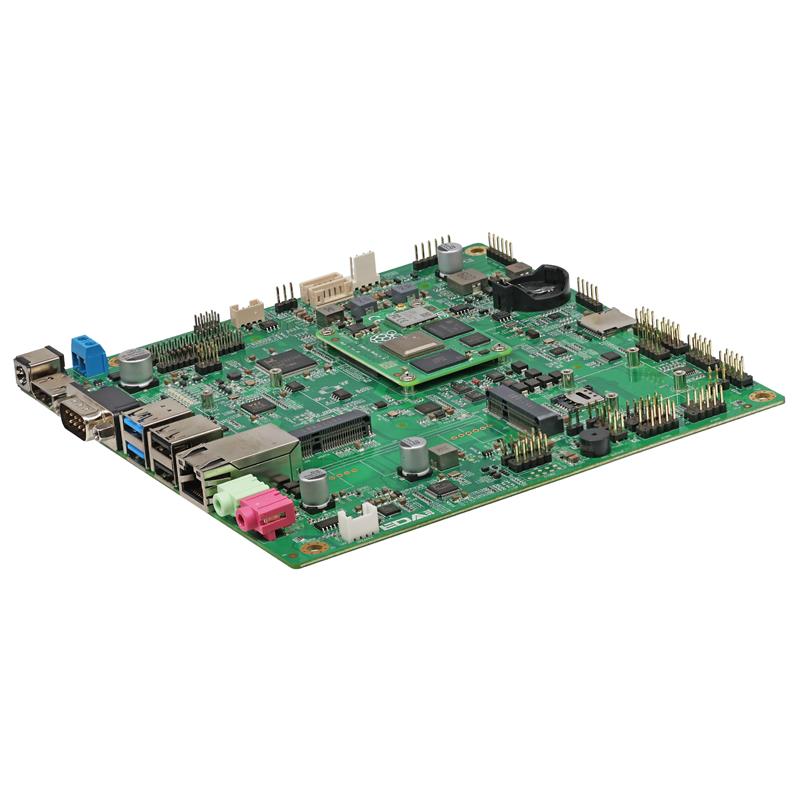

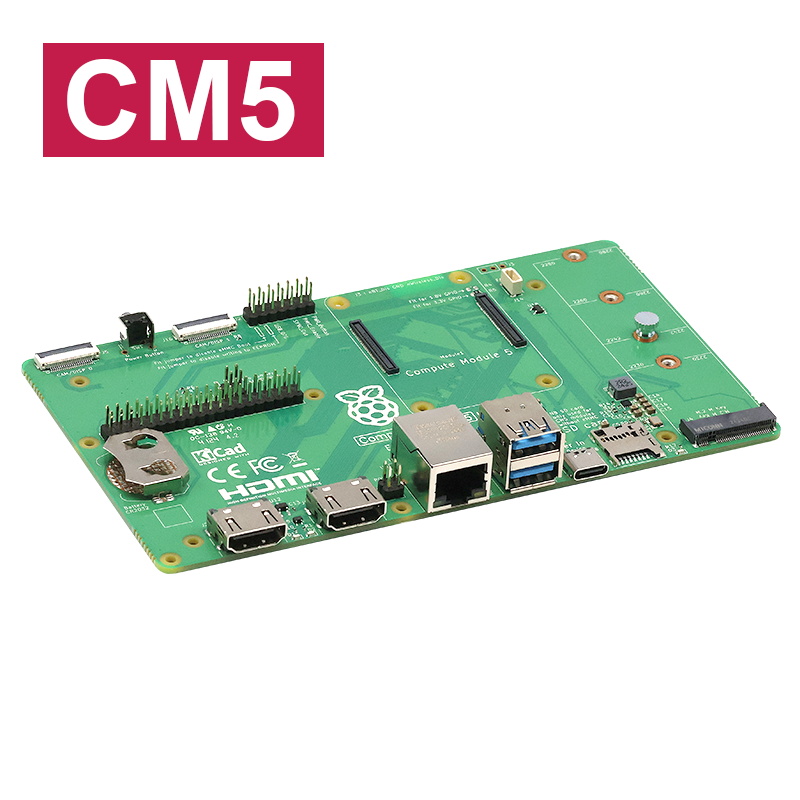
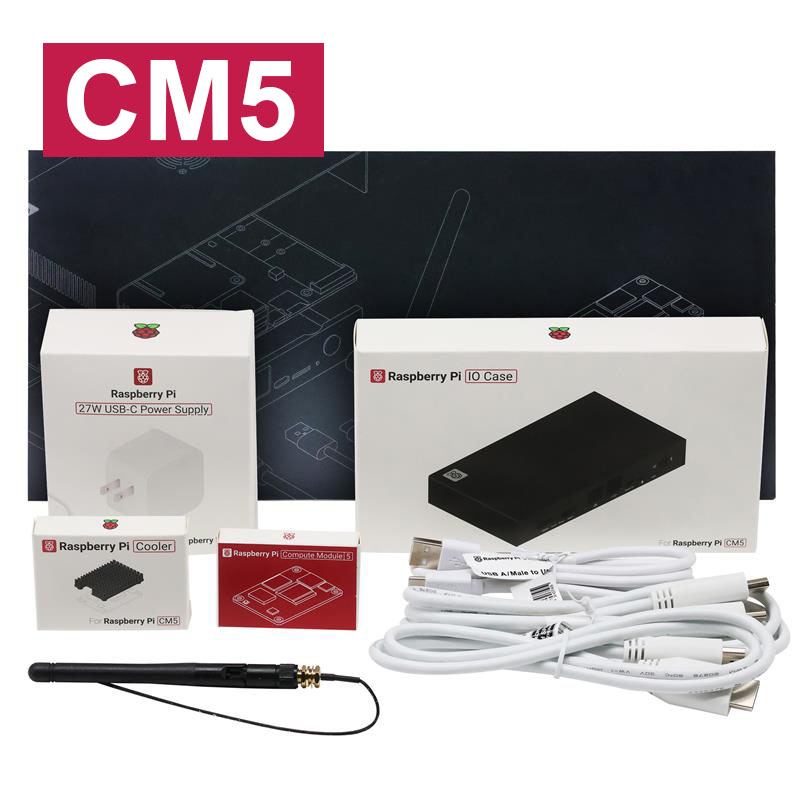
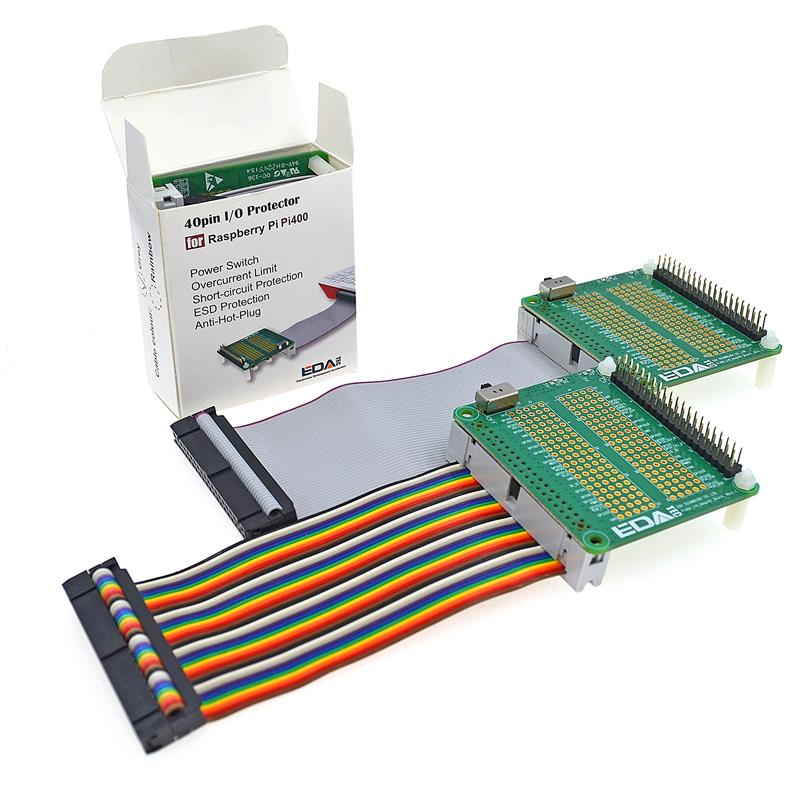
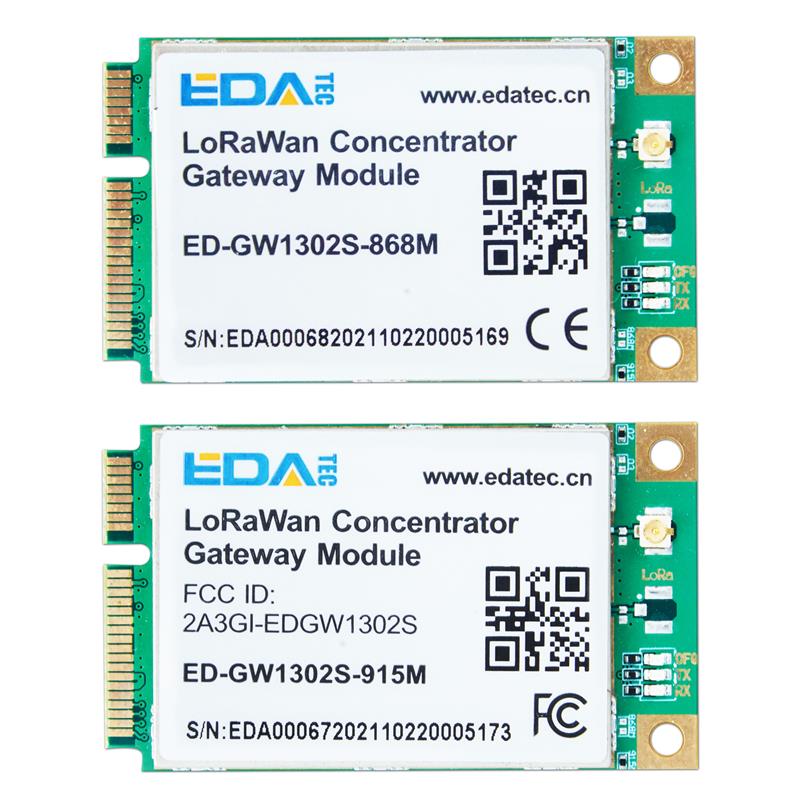
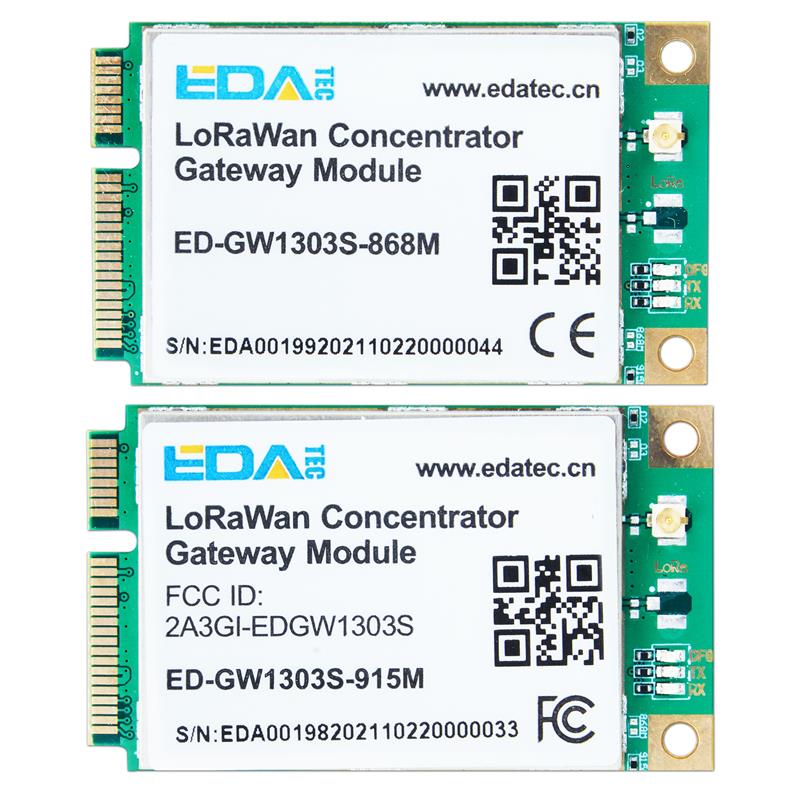


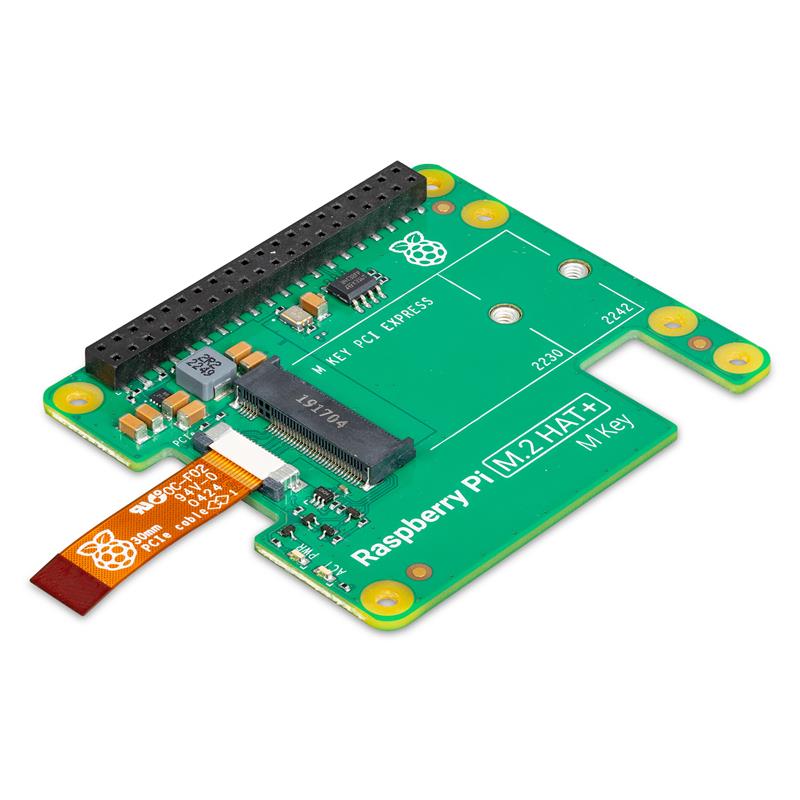
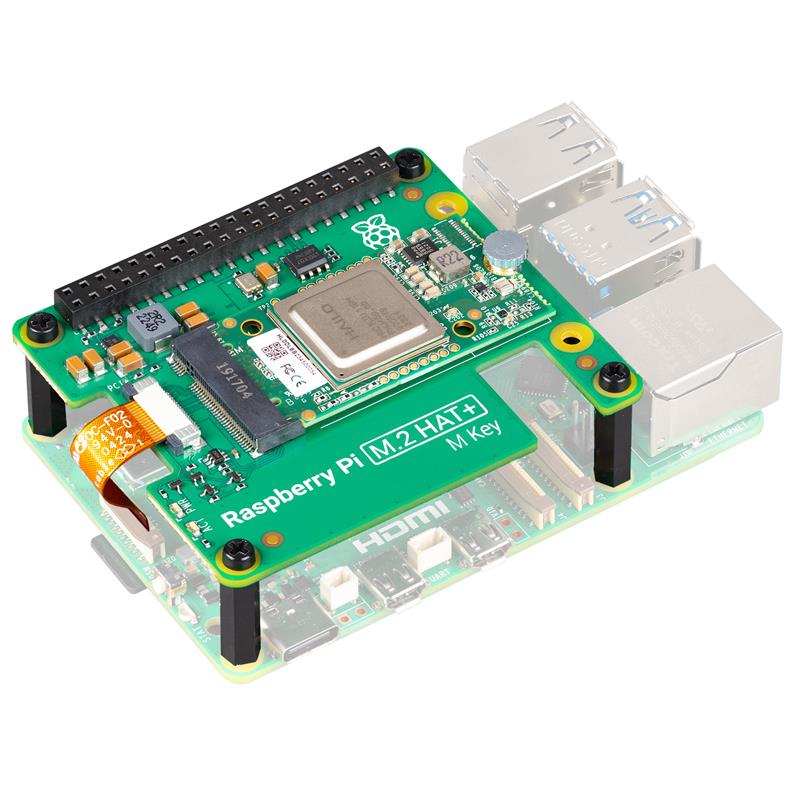
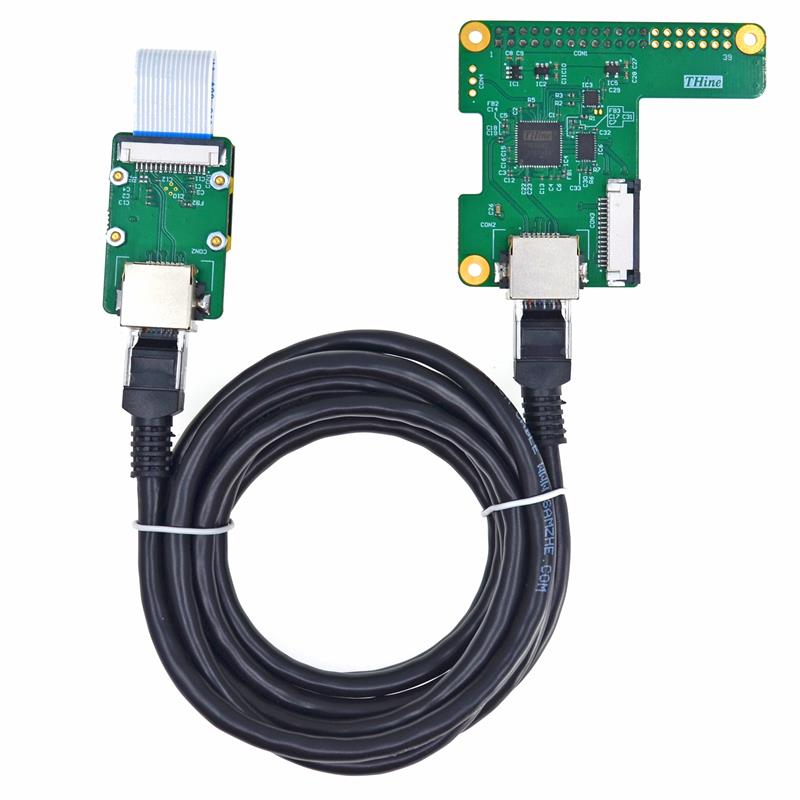

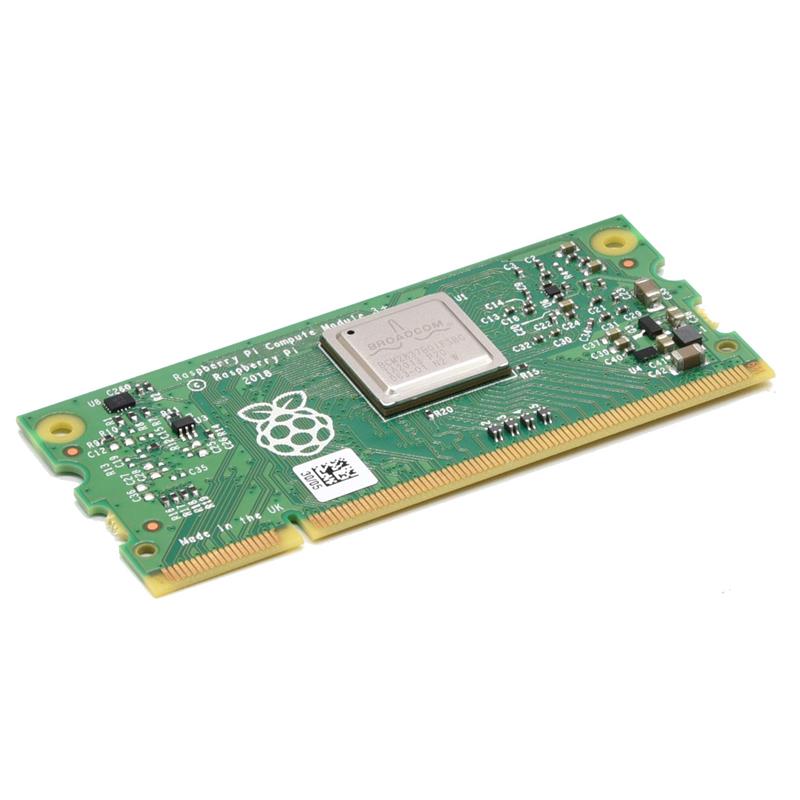
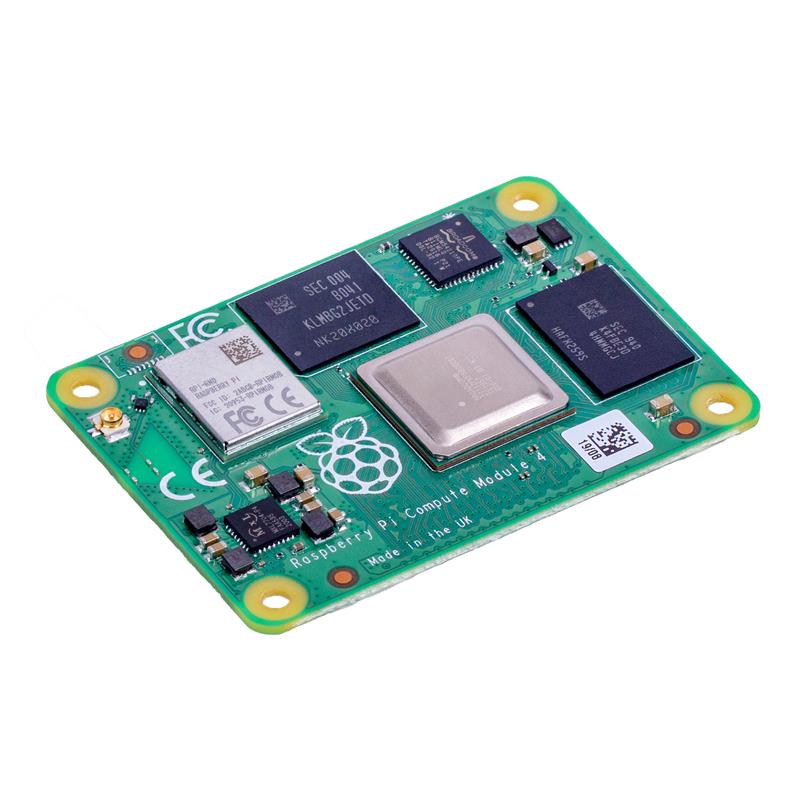
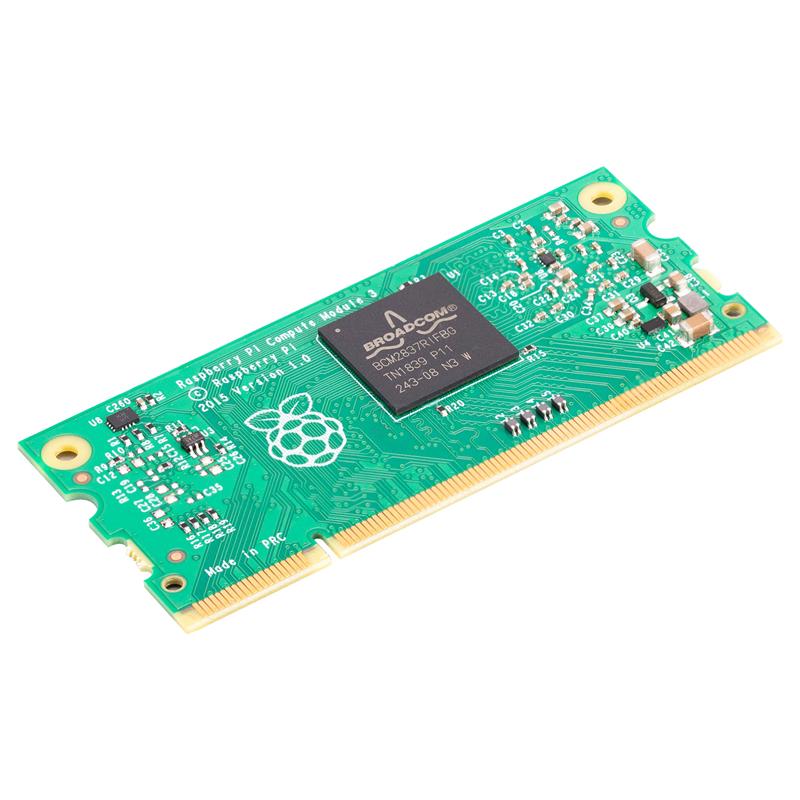
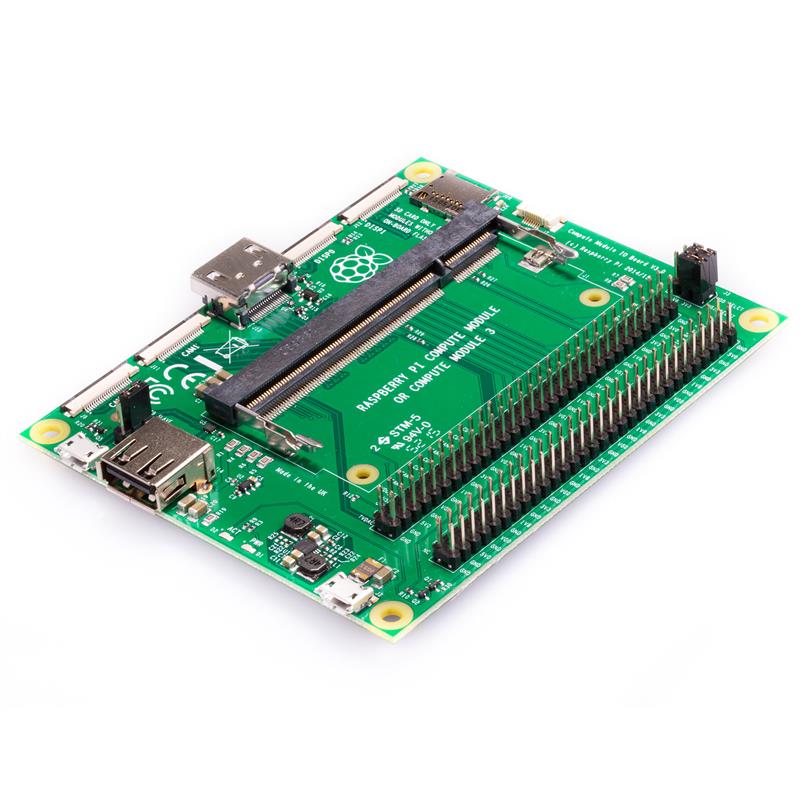
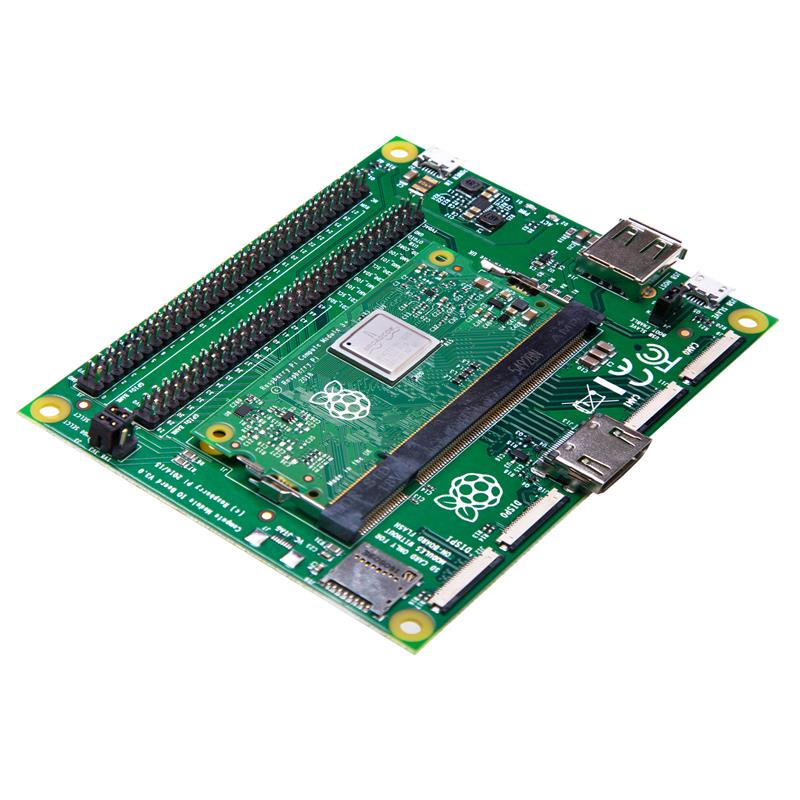

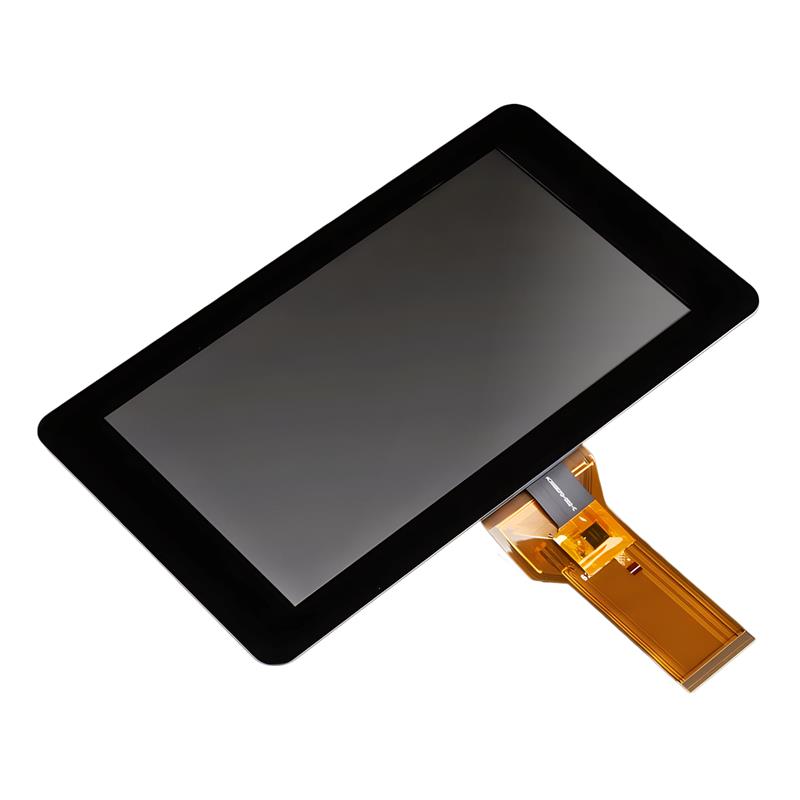
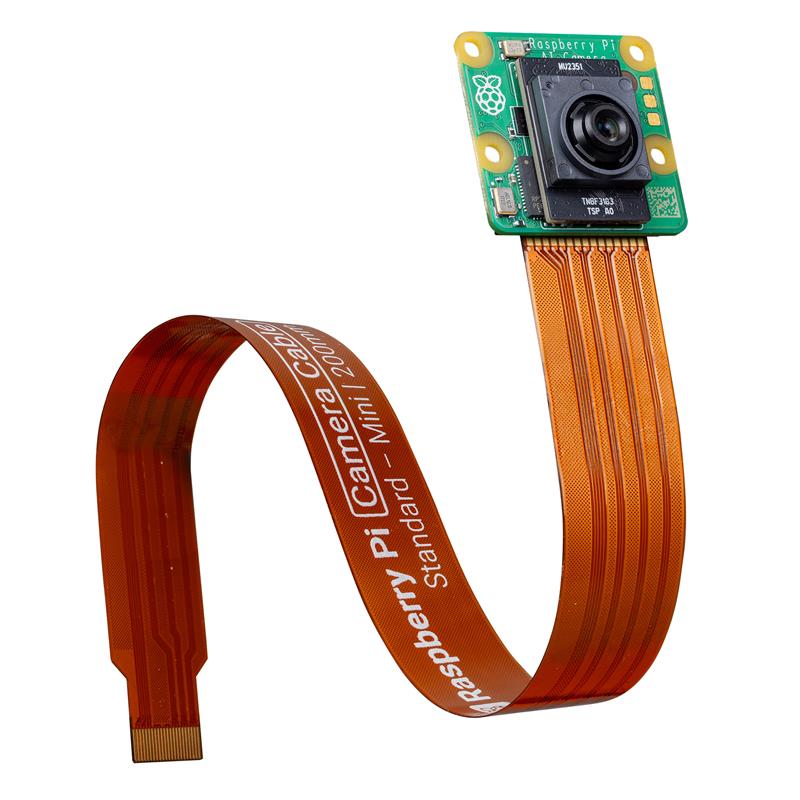
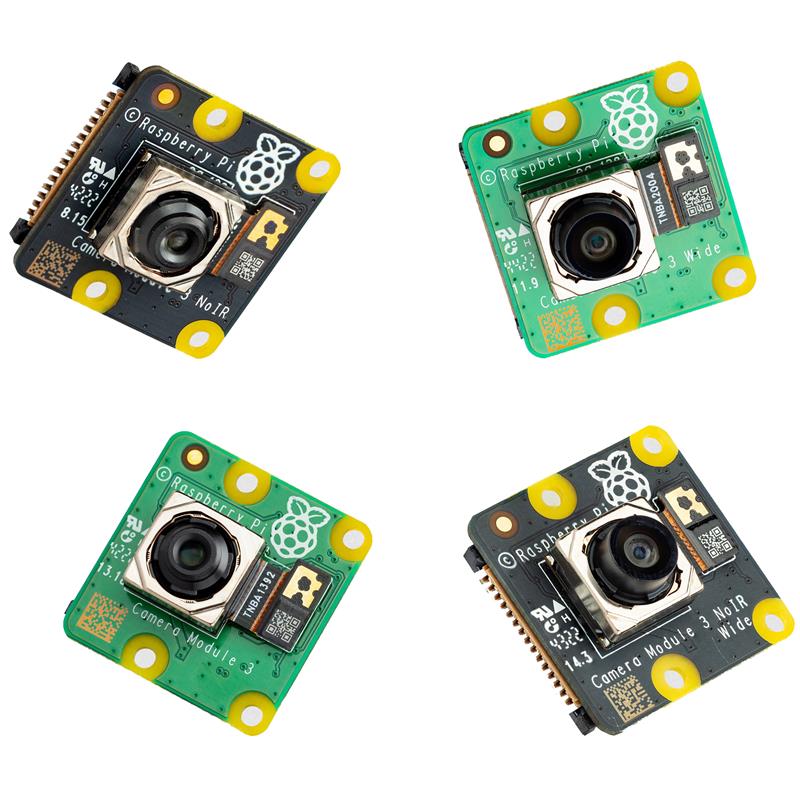

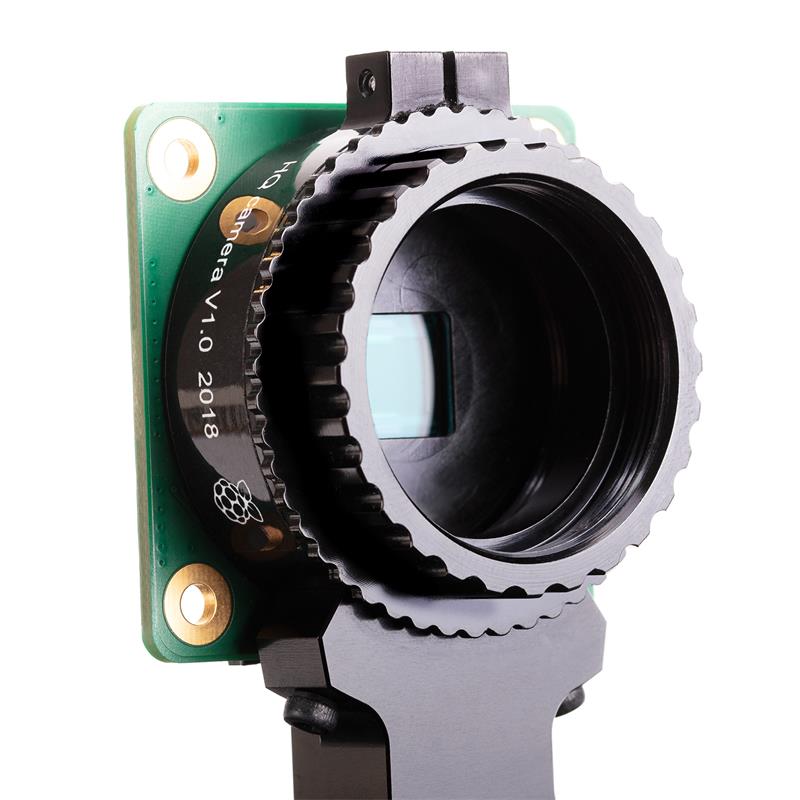
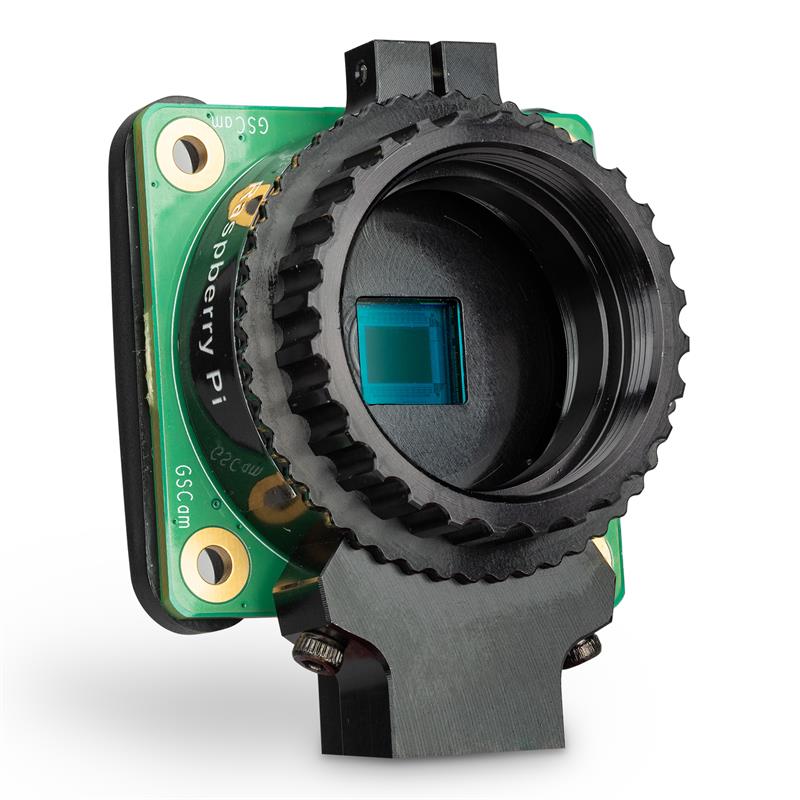
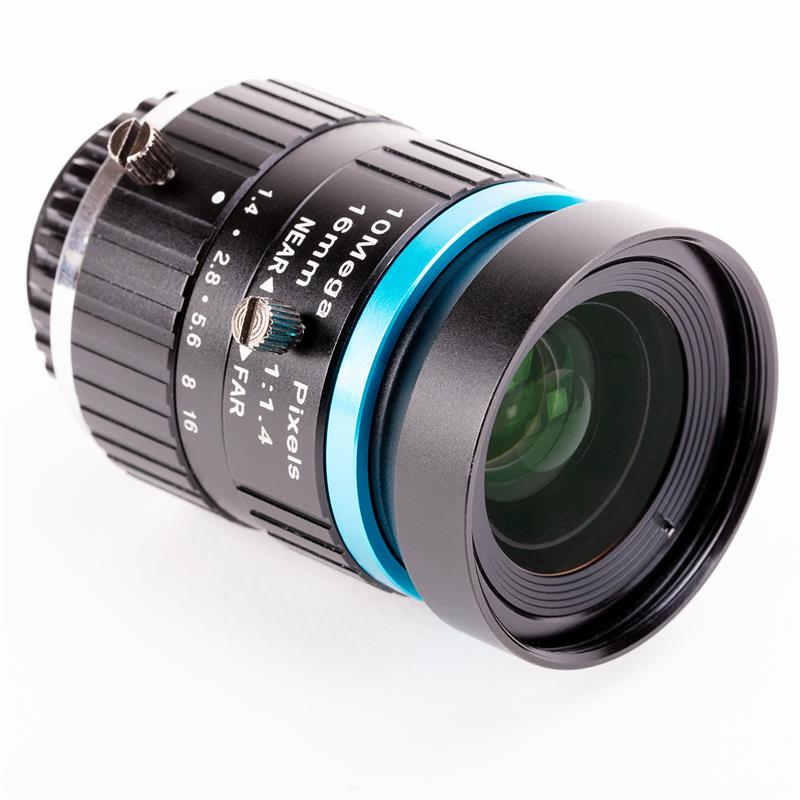
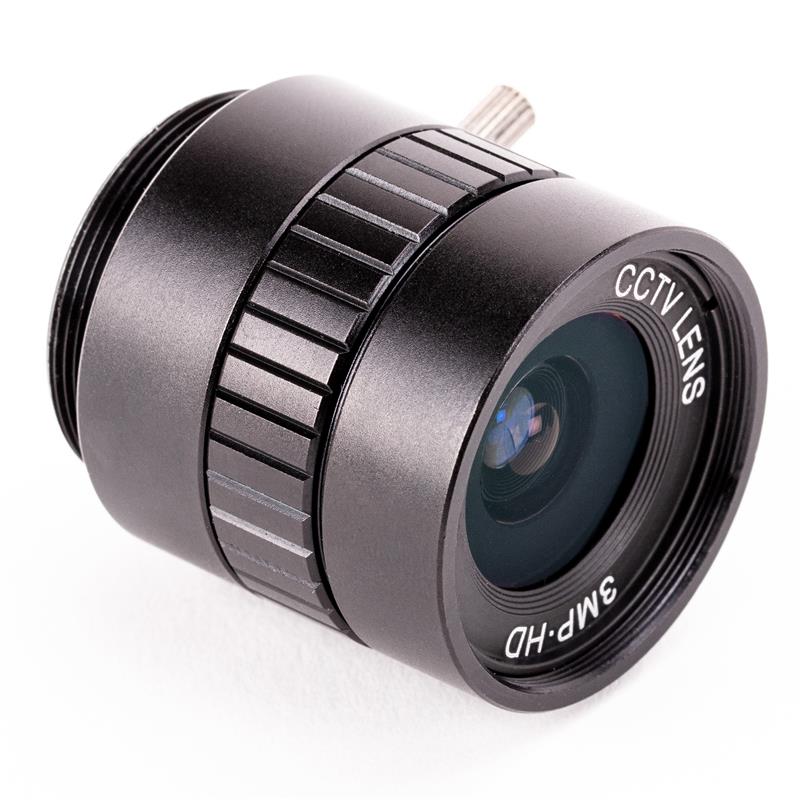

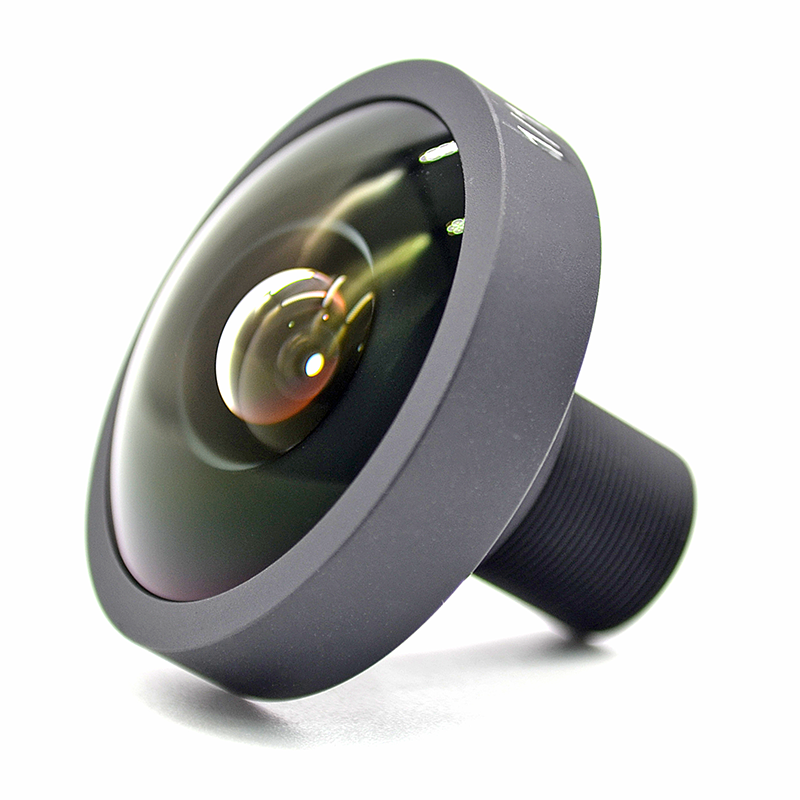

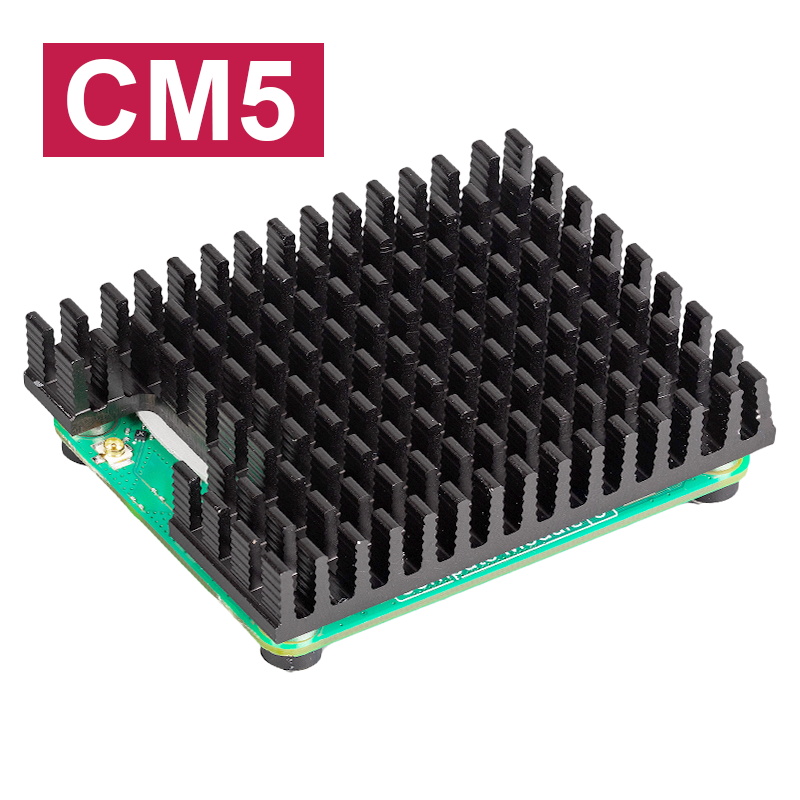
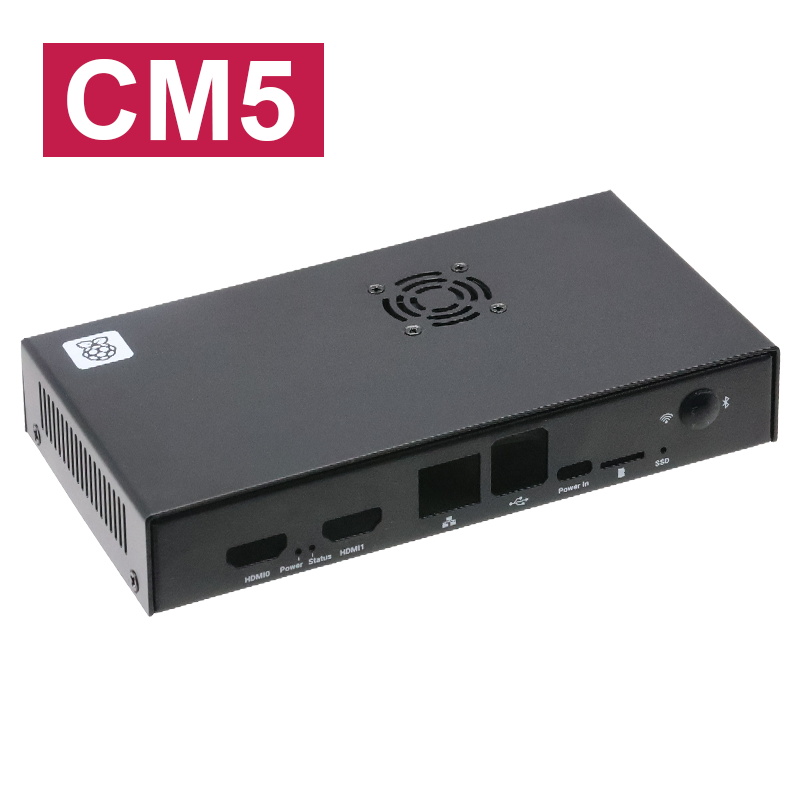
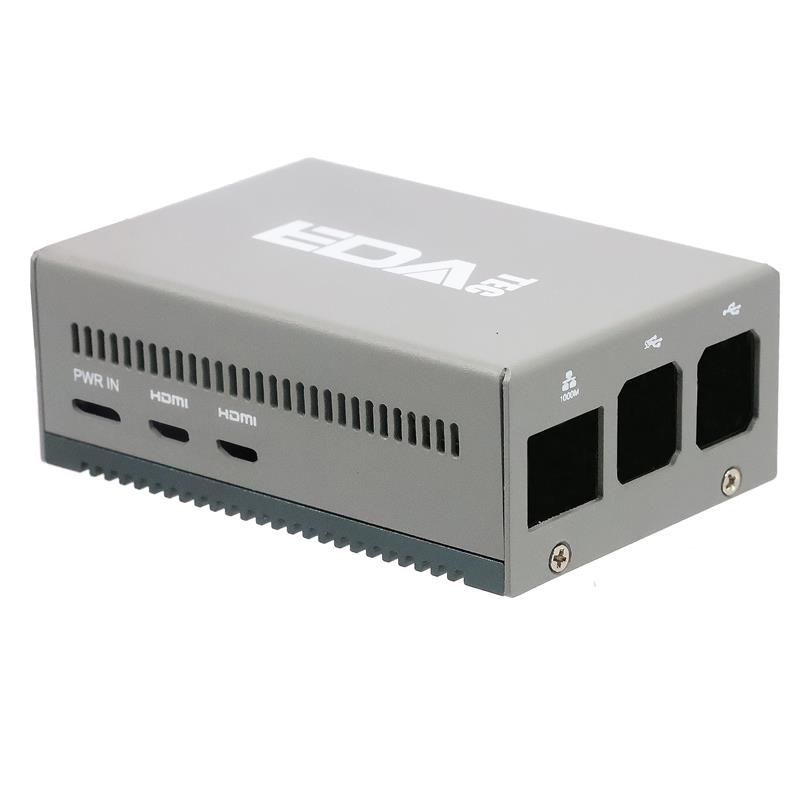

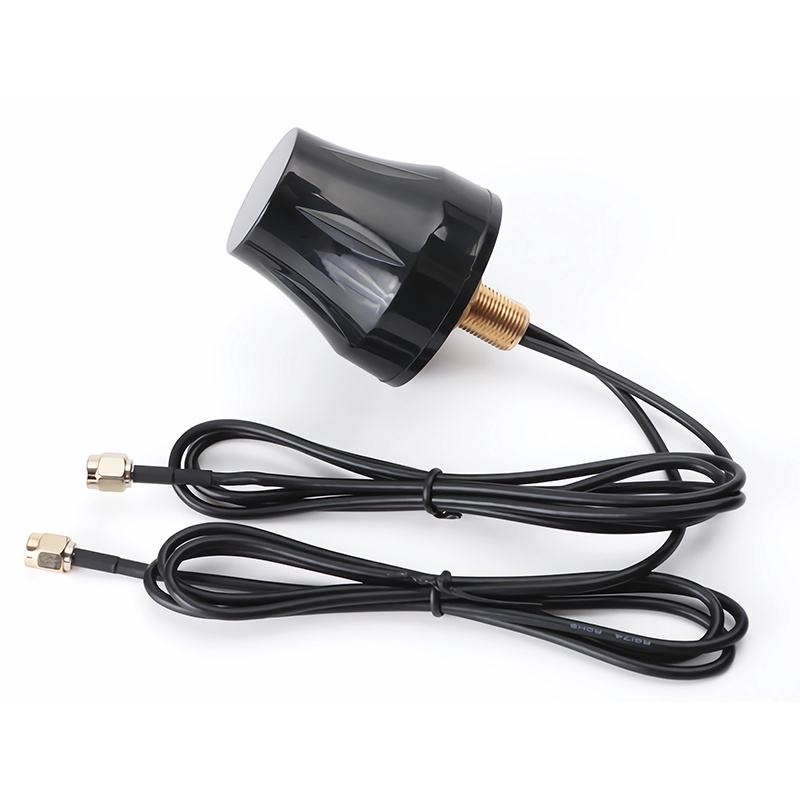

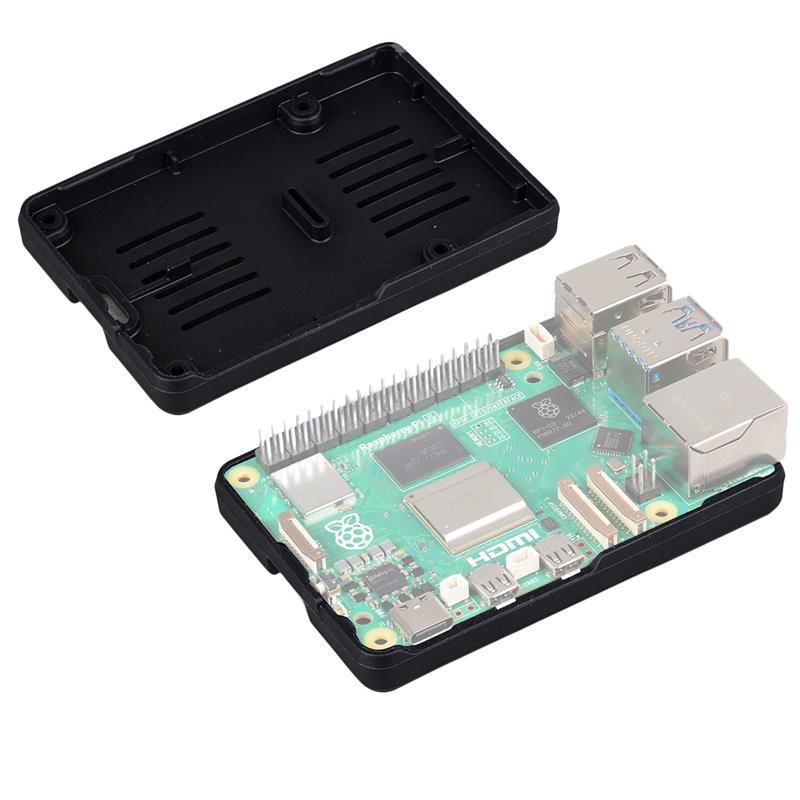
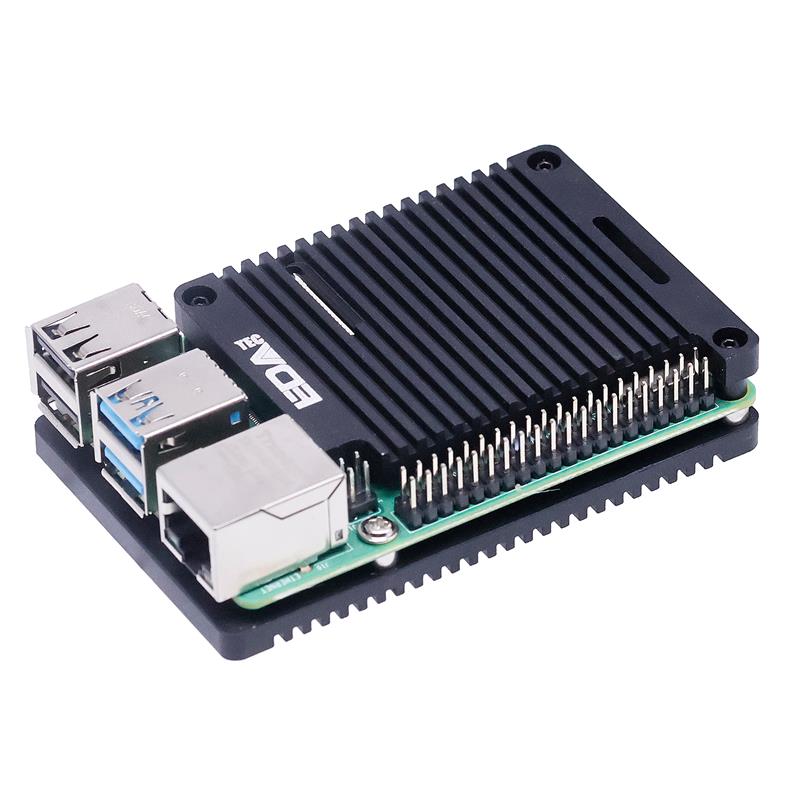
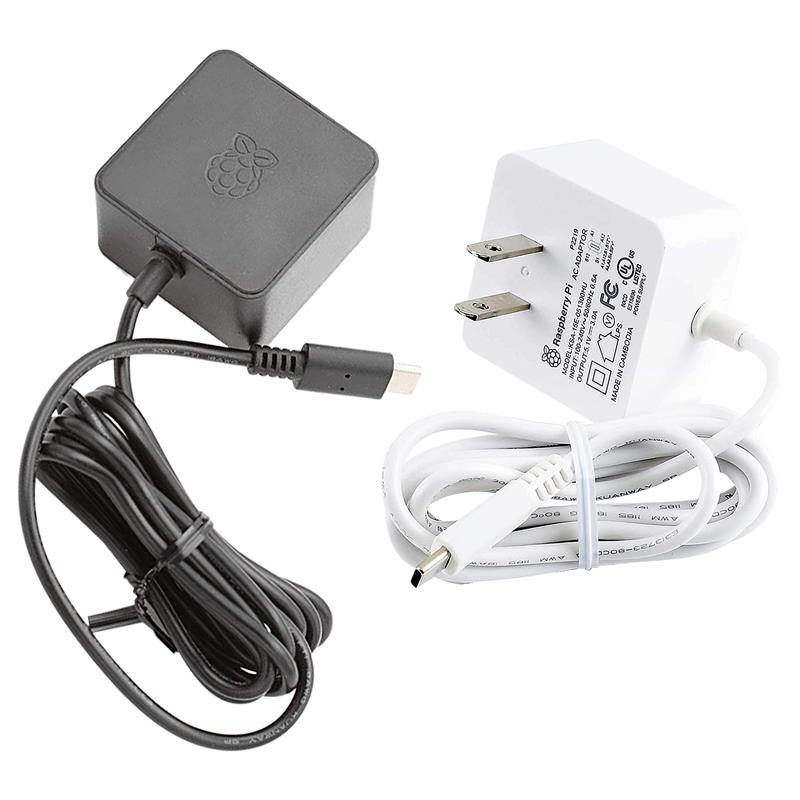
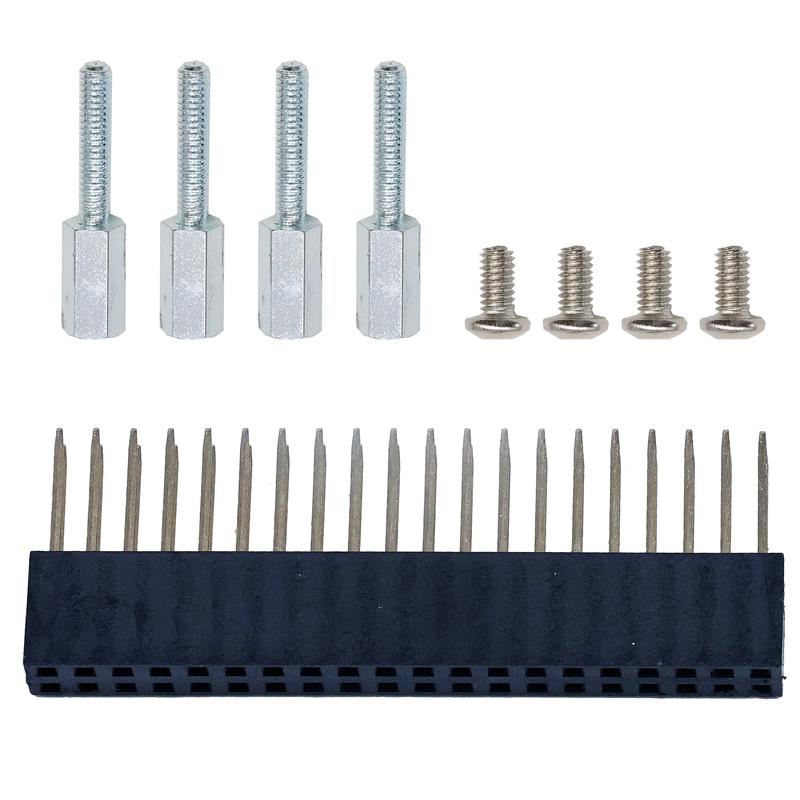

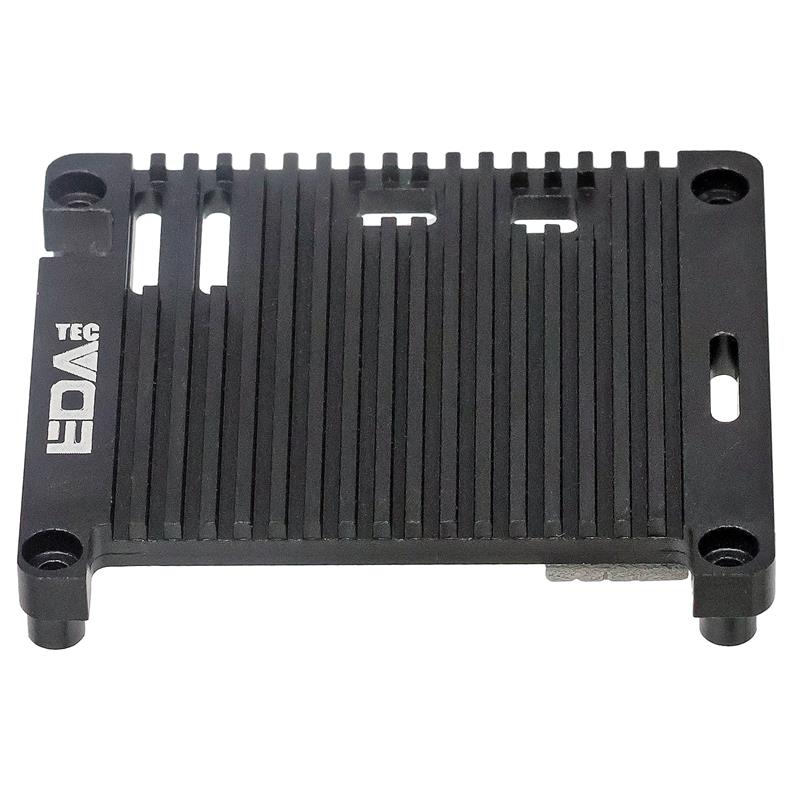

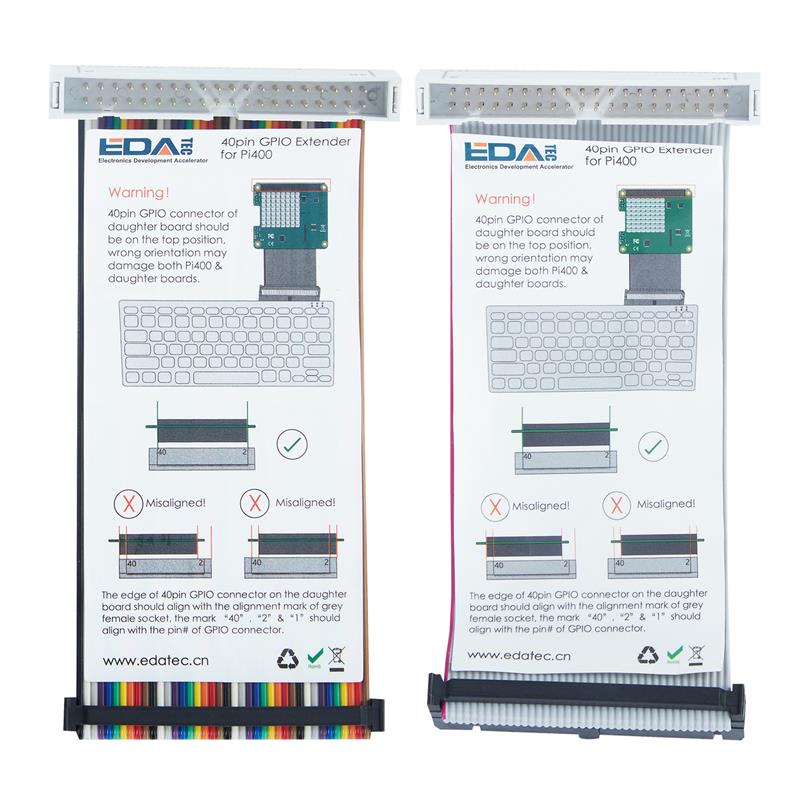


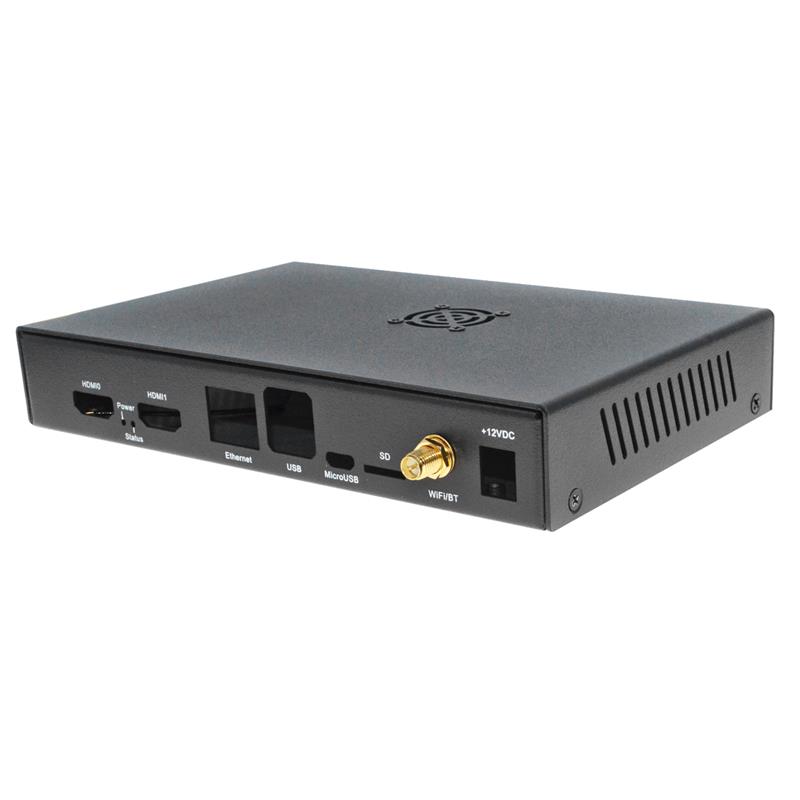


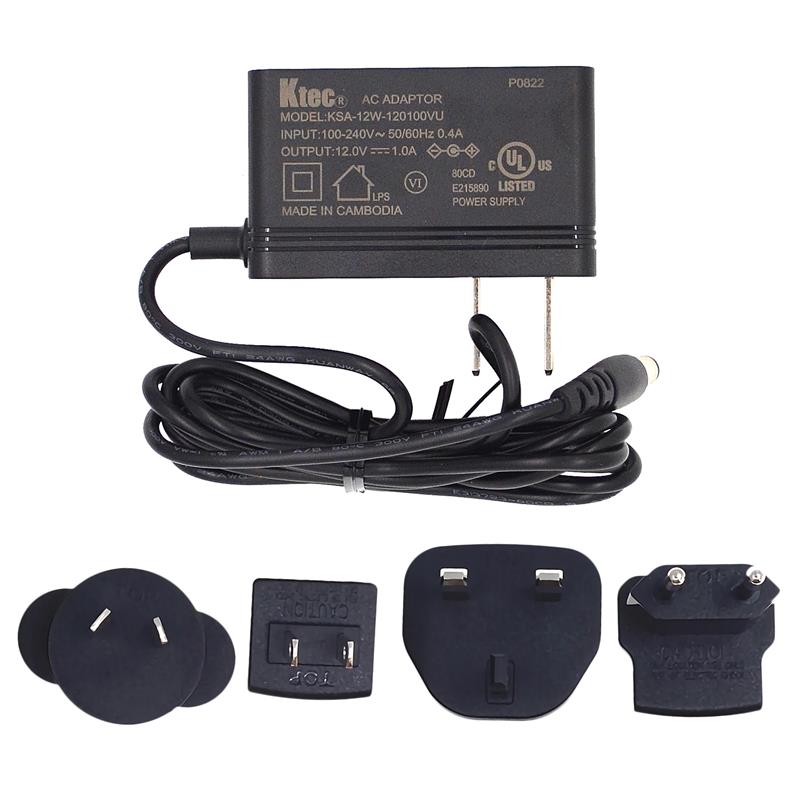

 En
En







